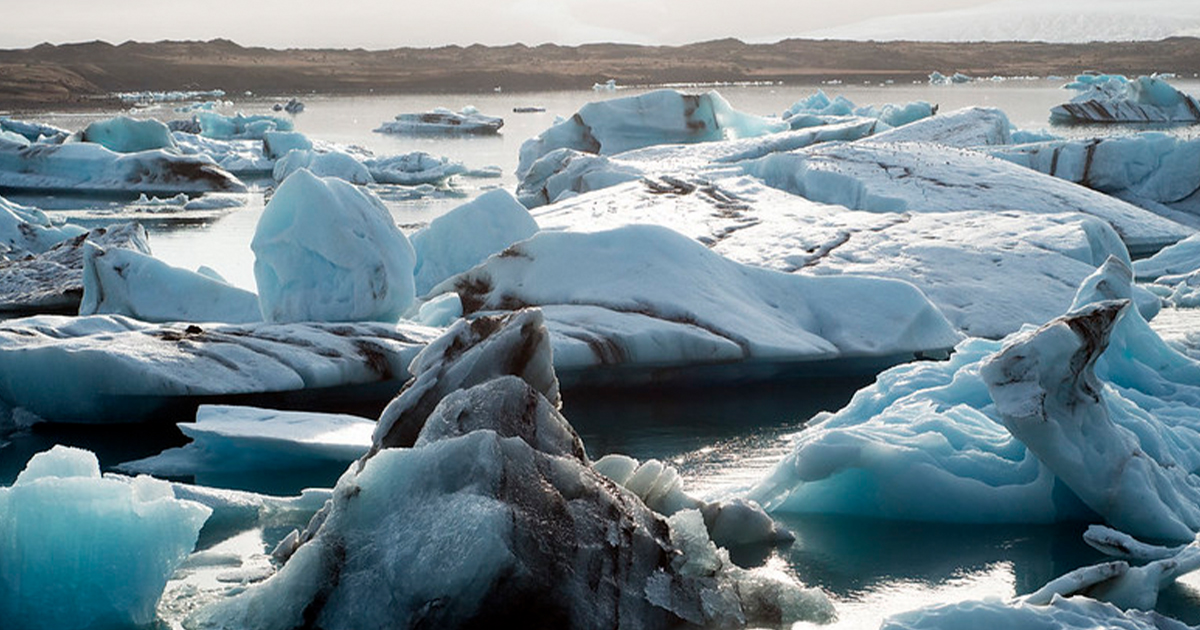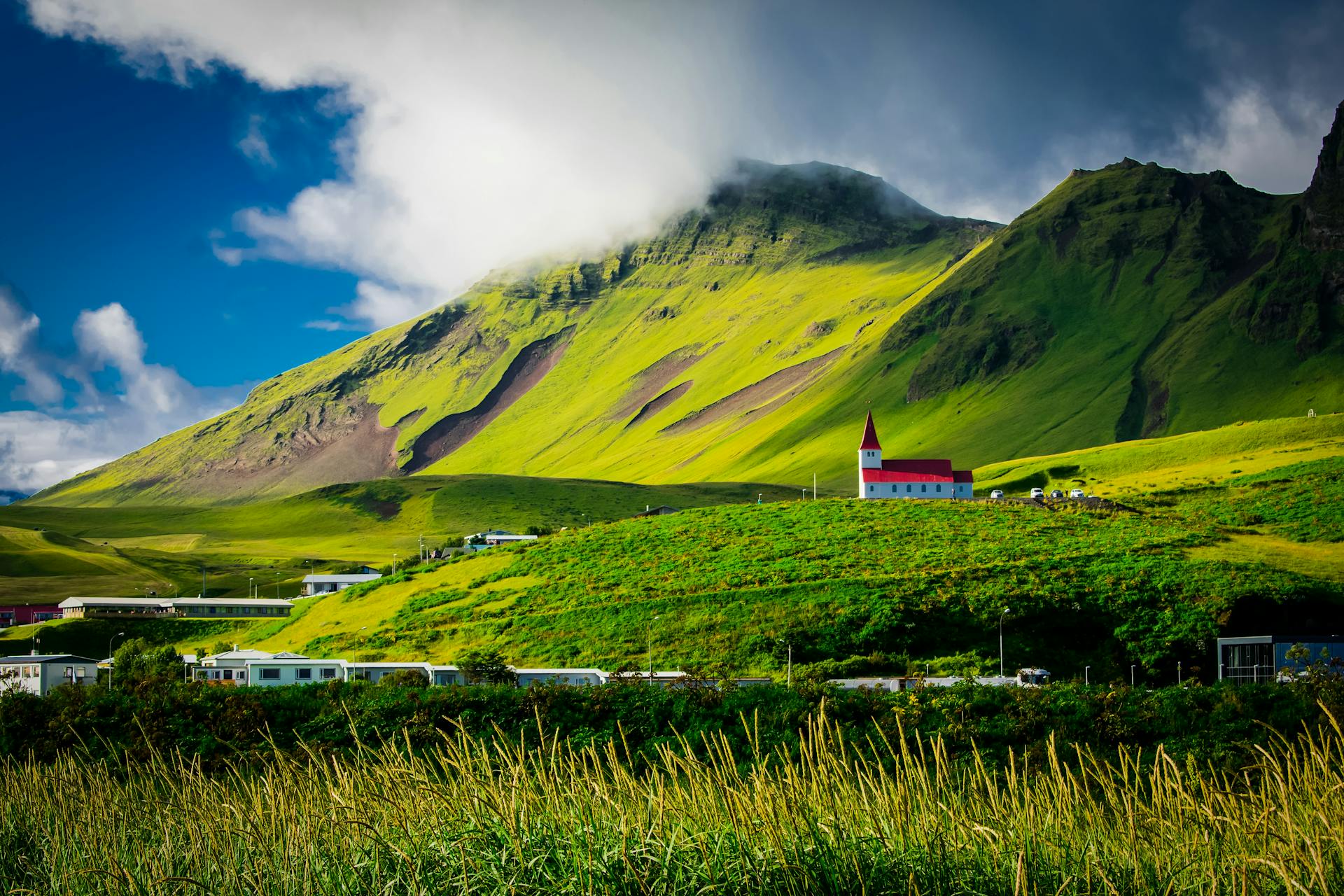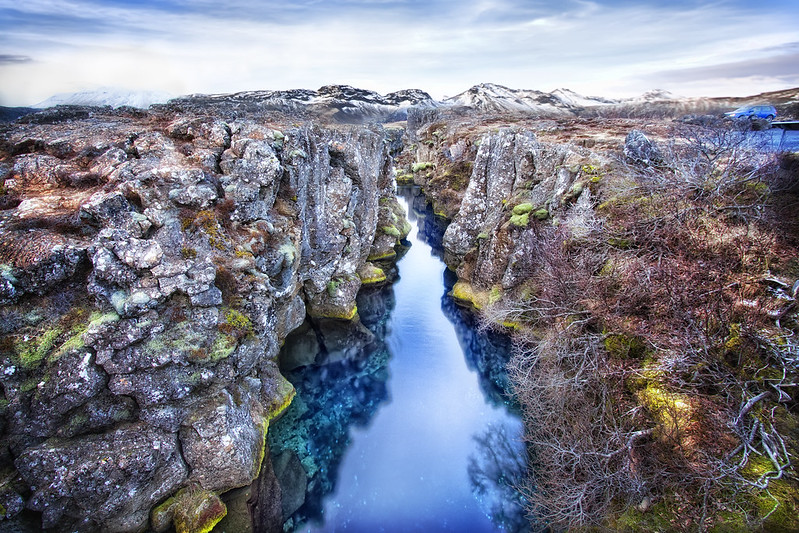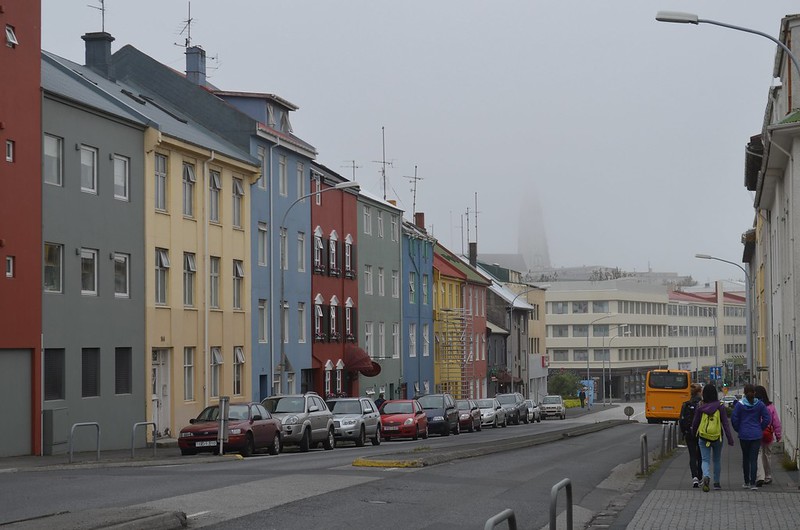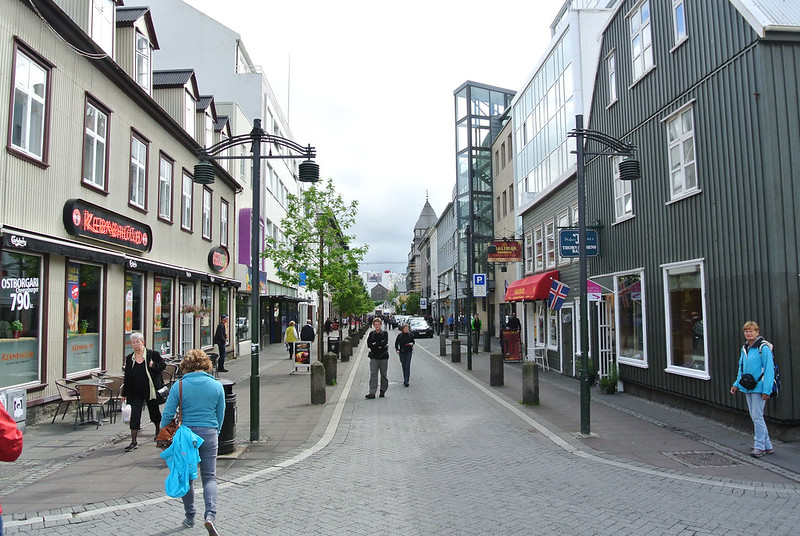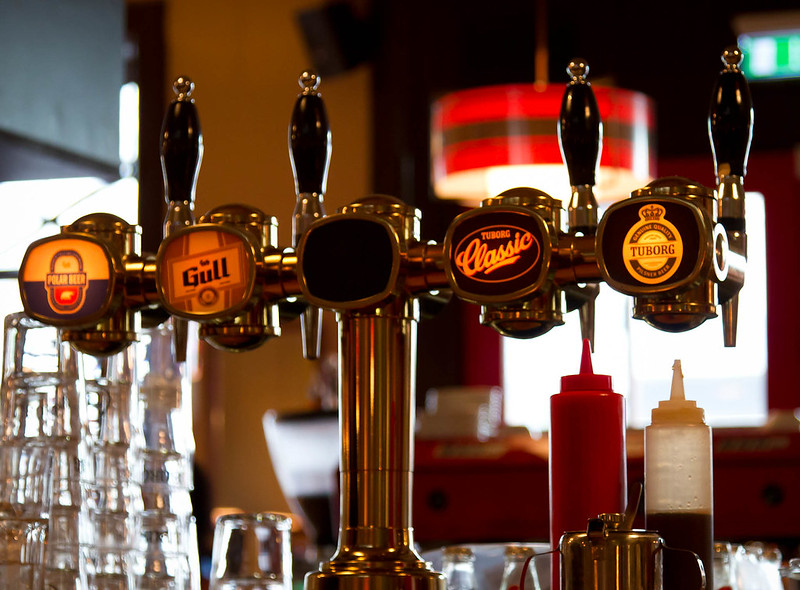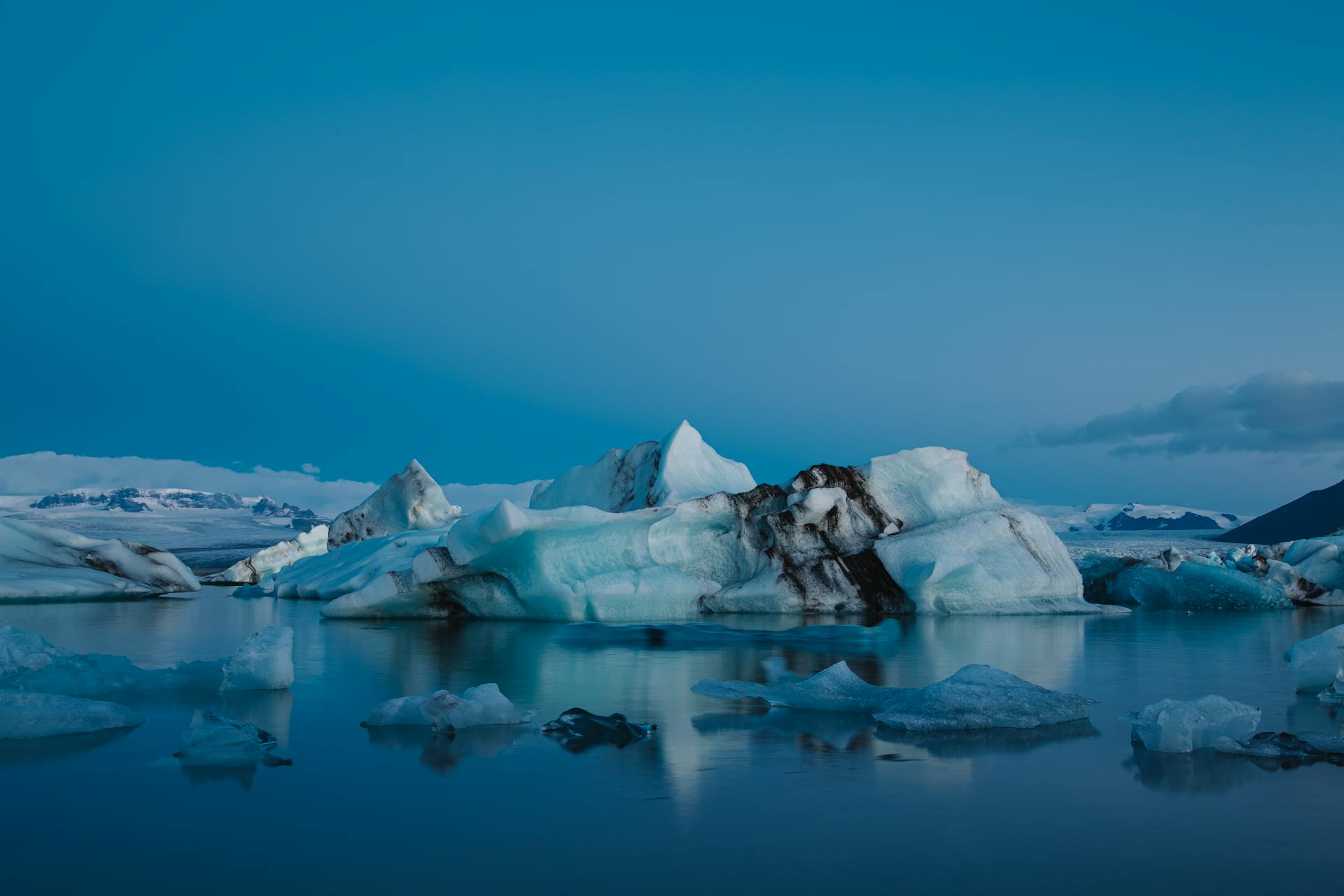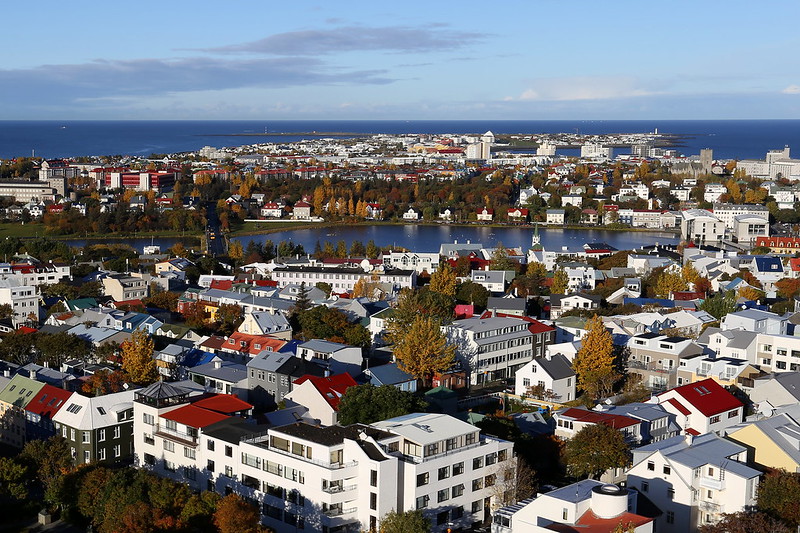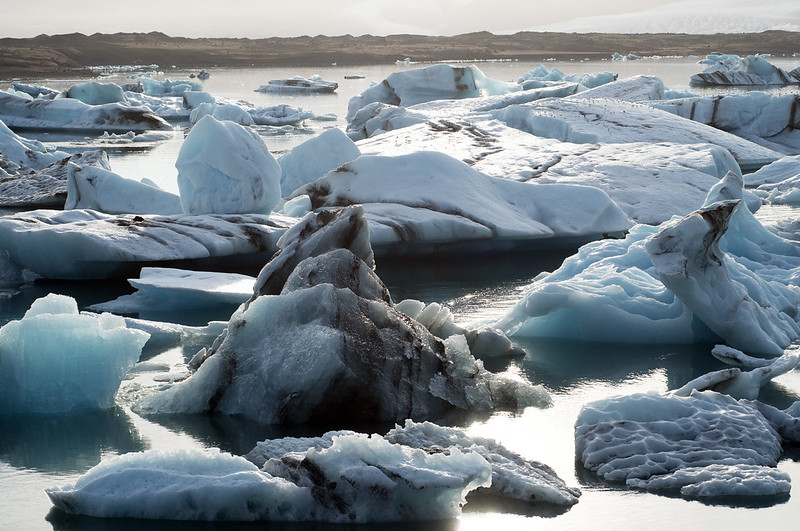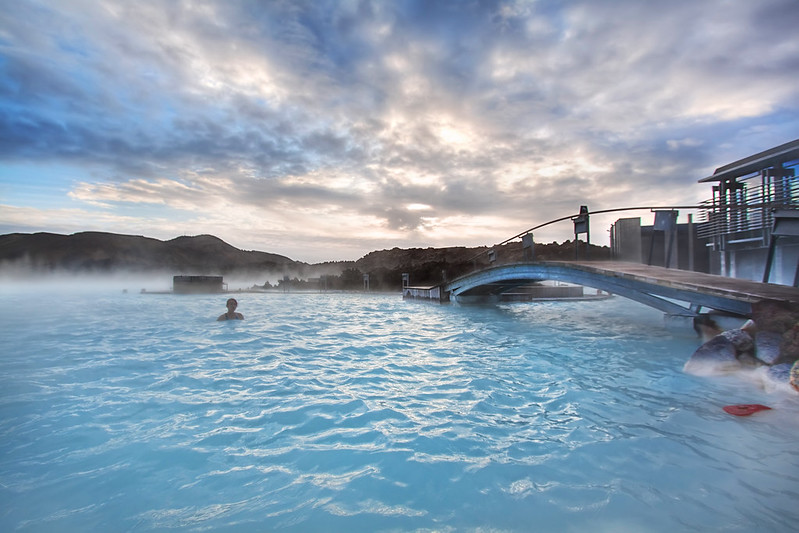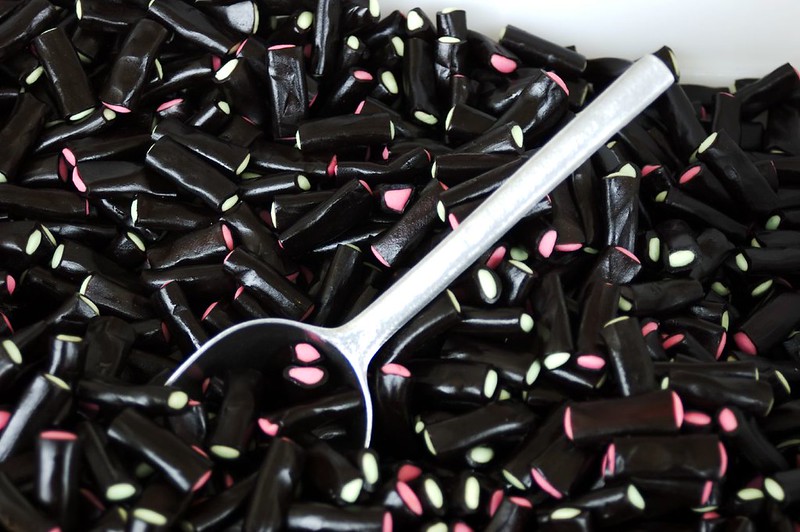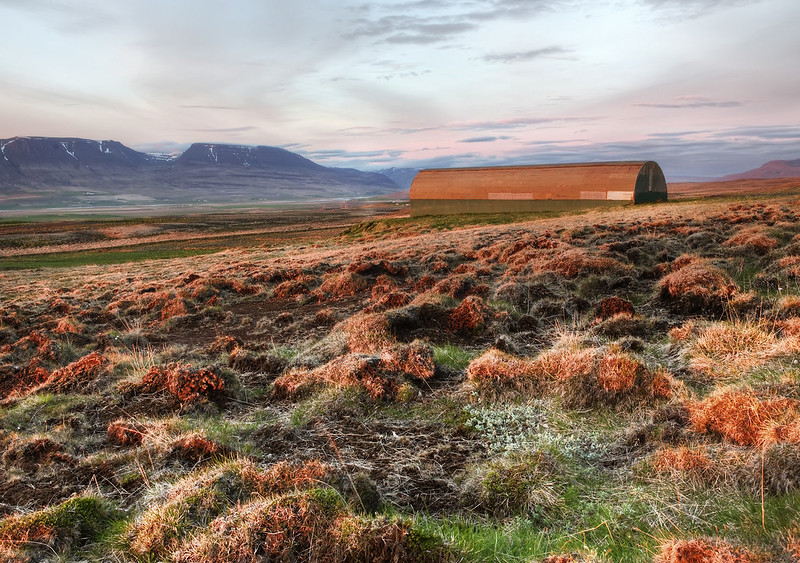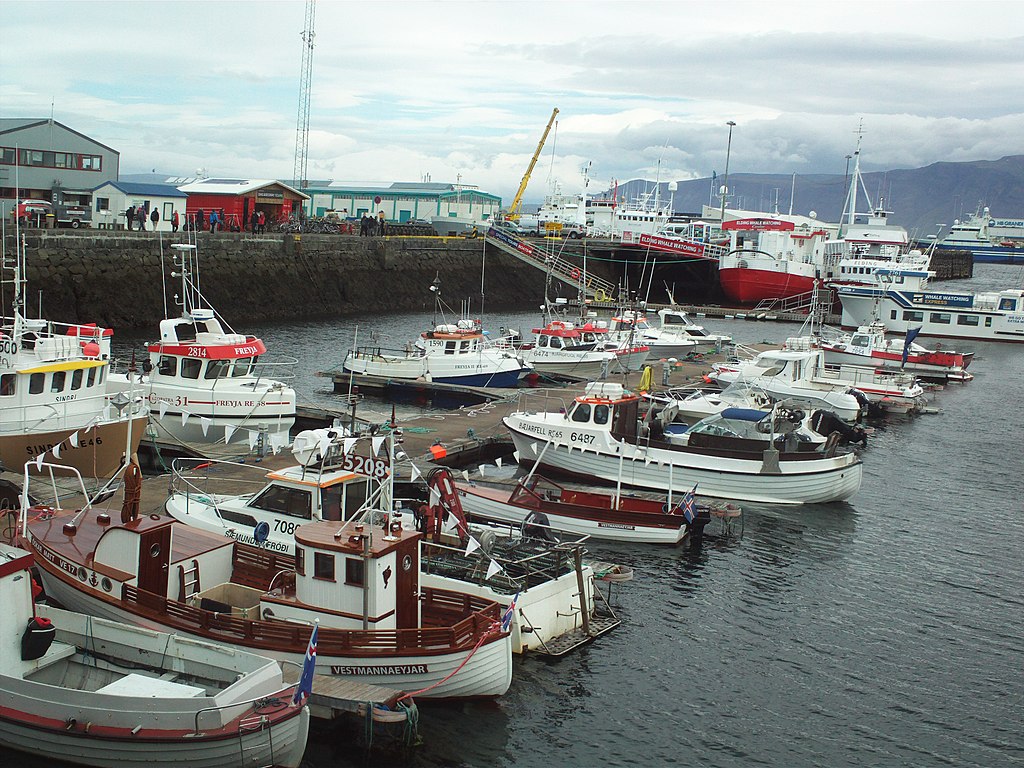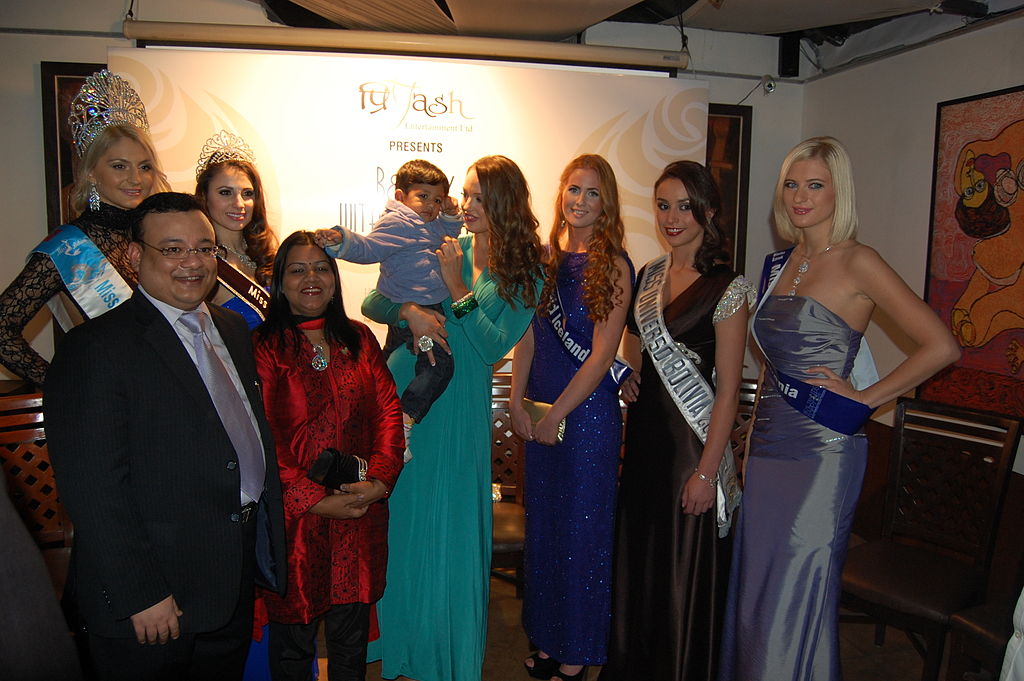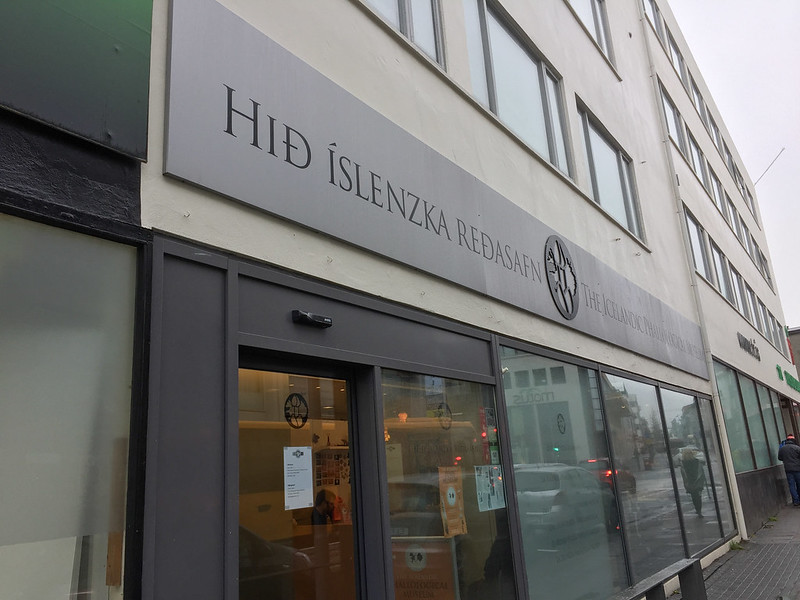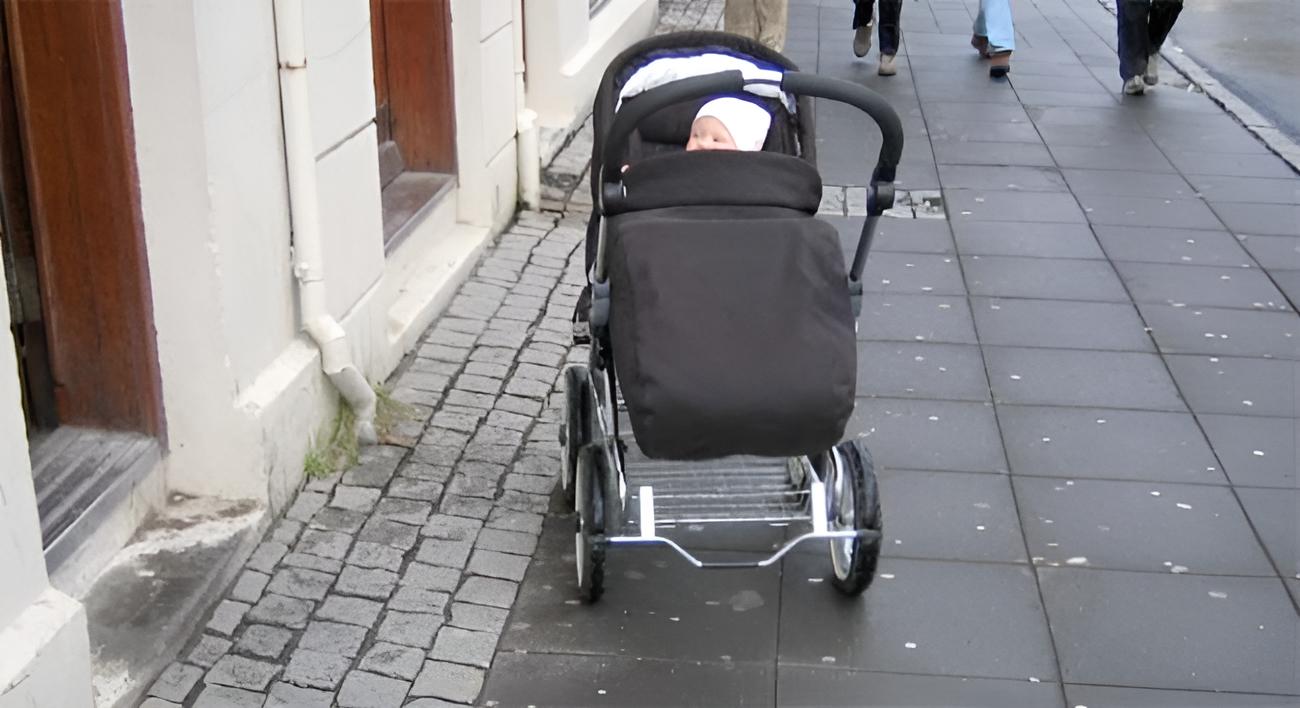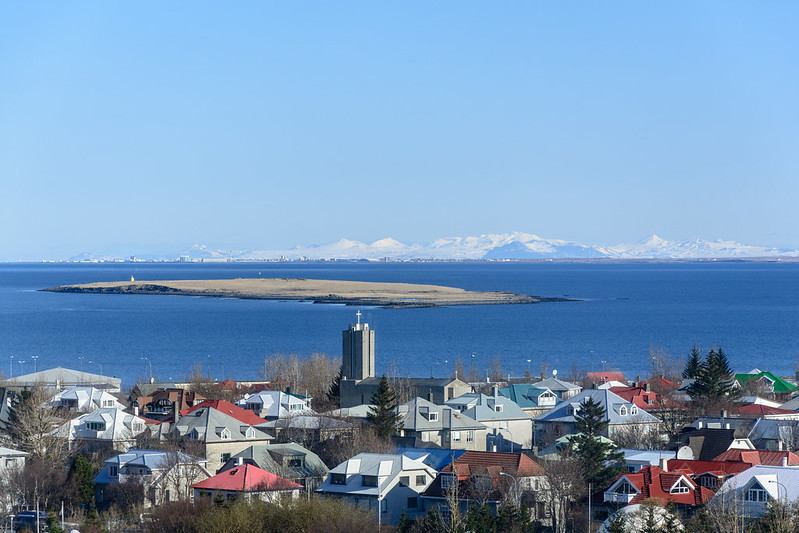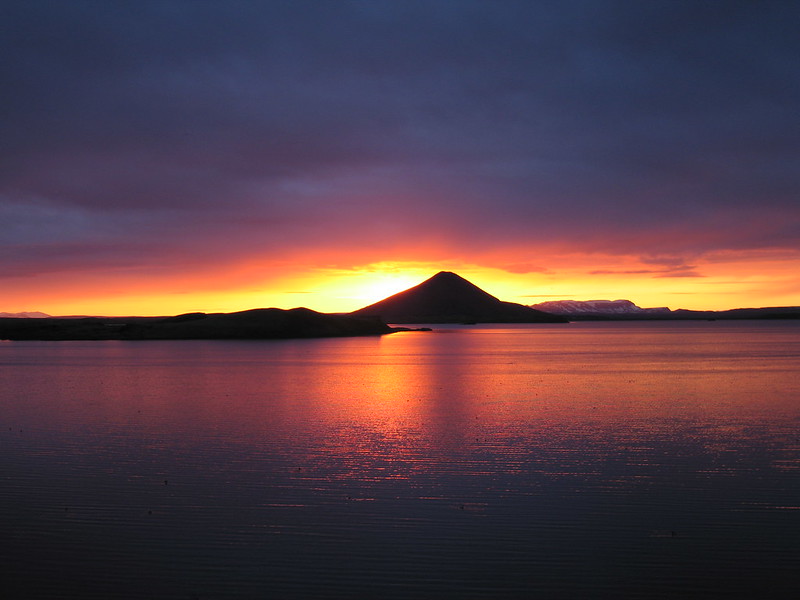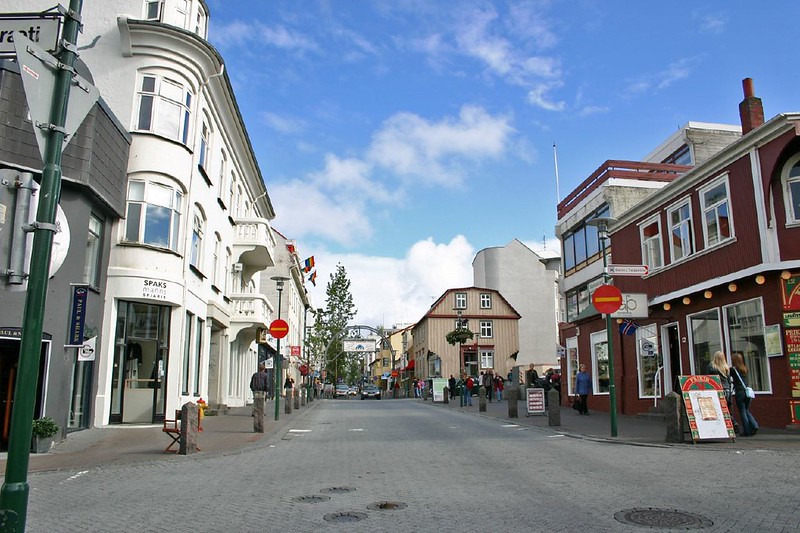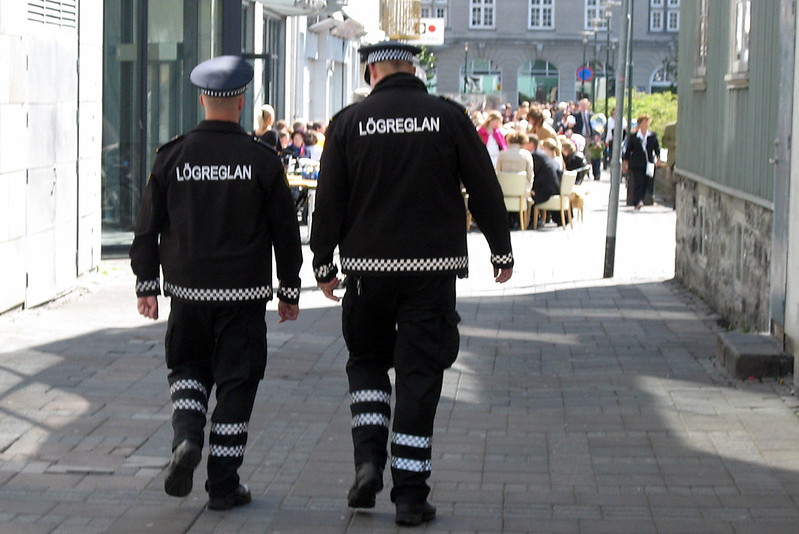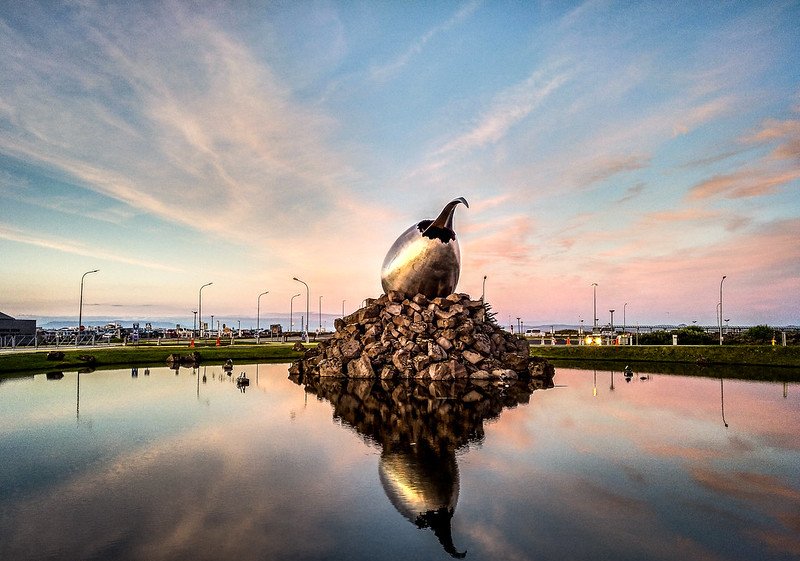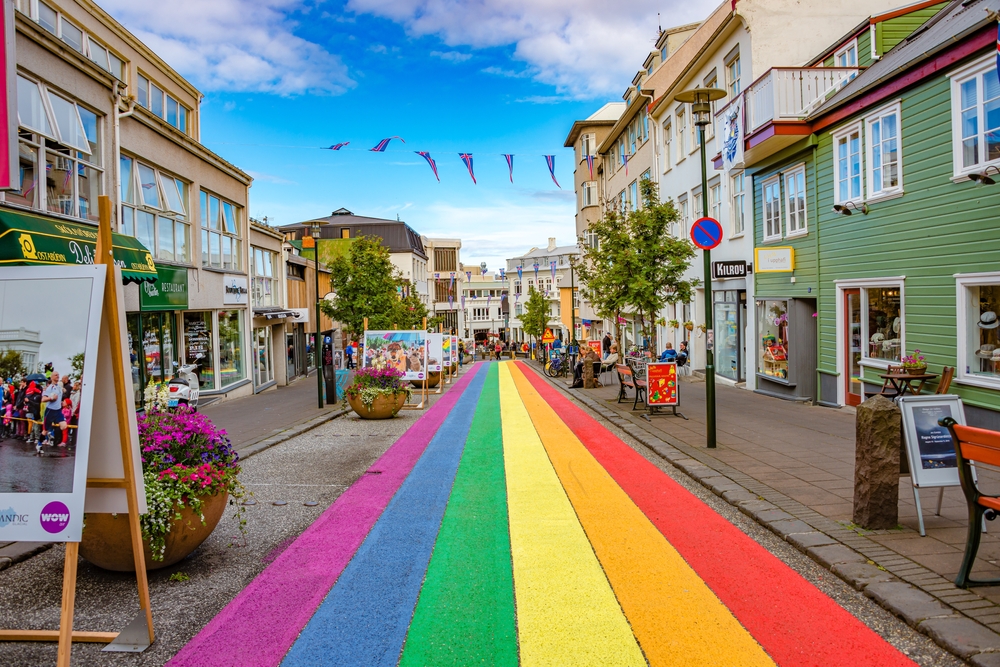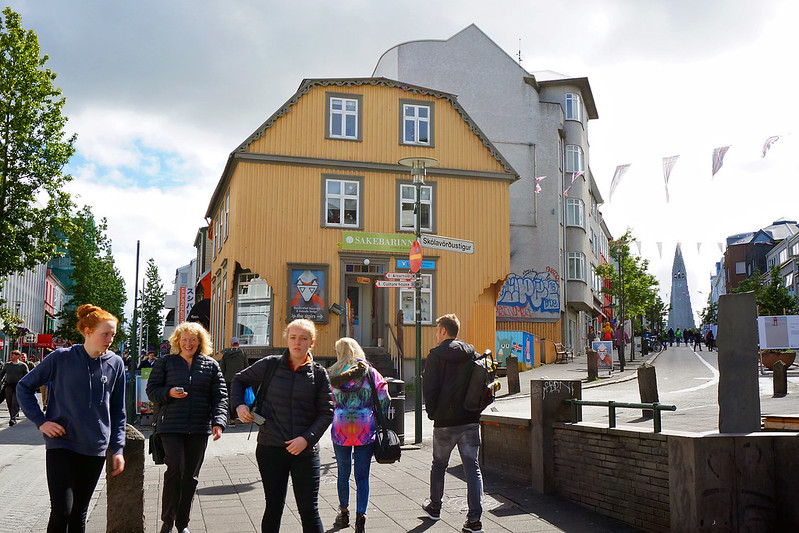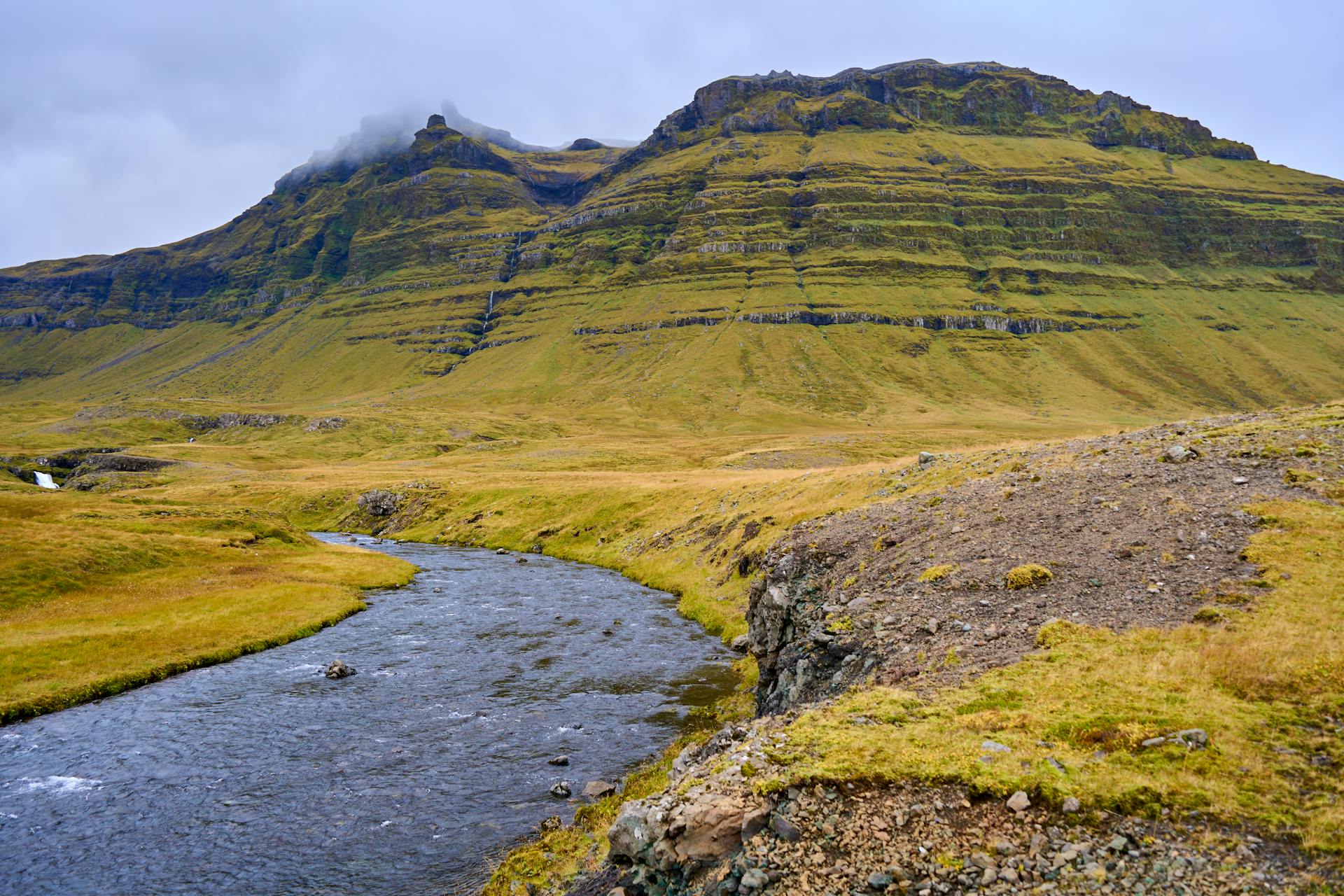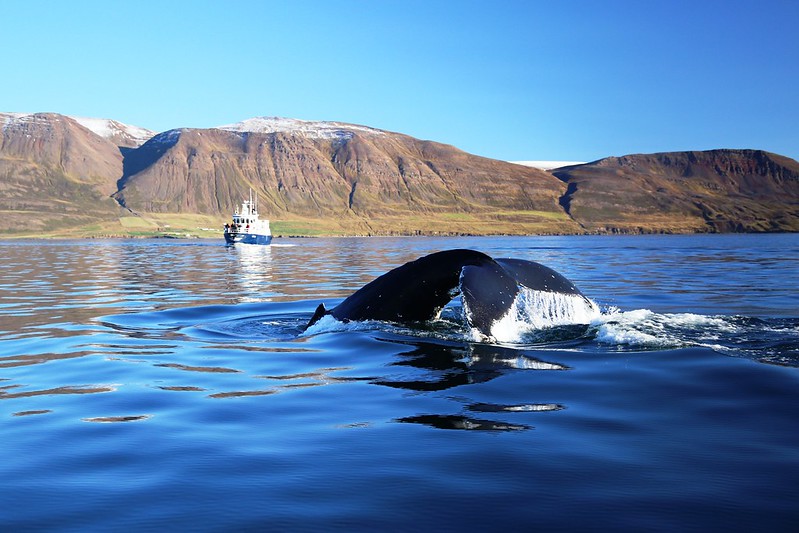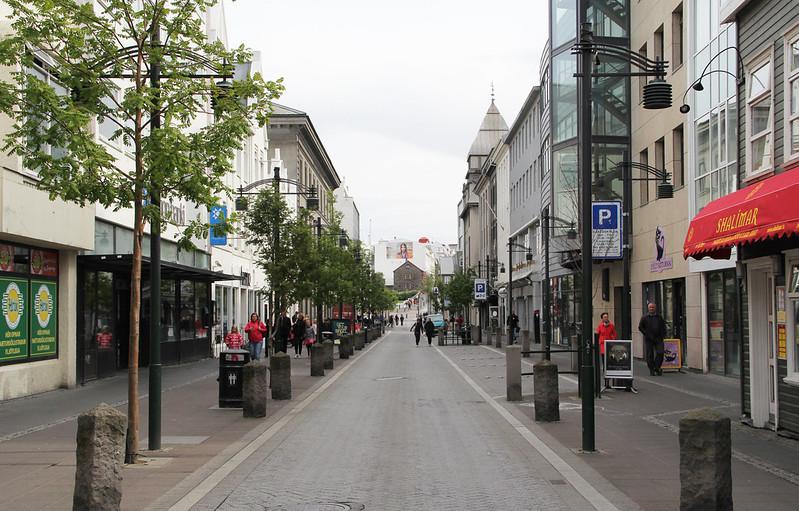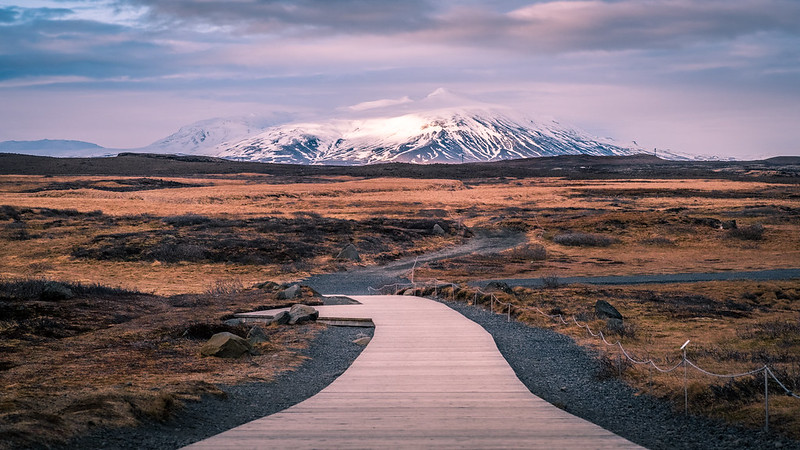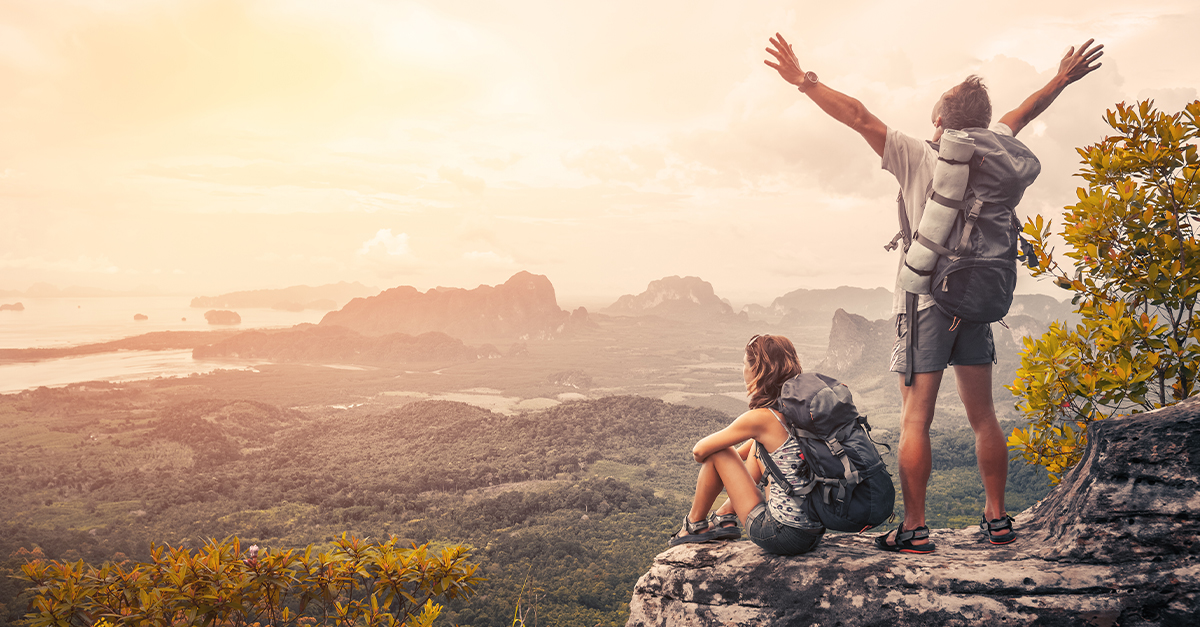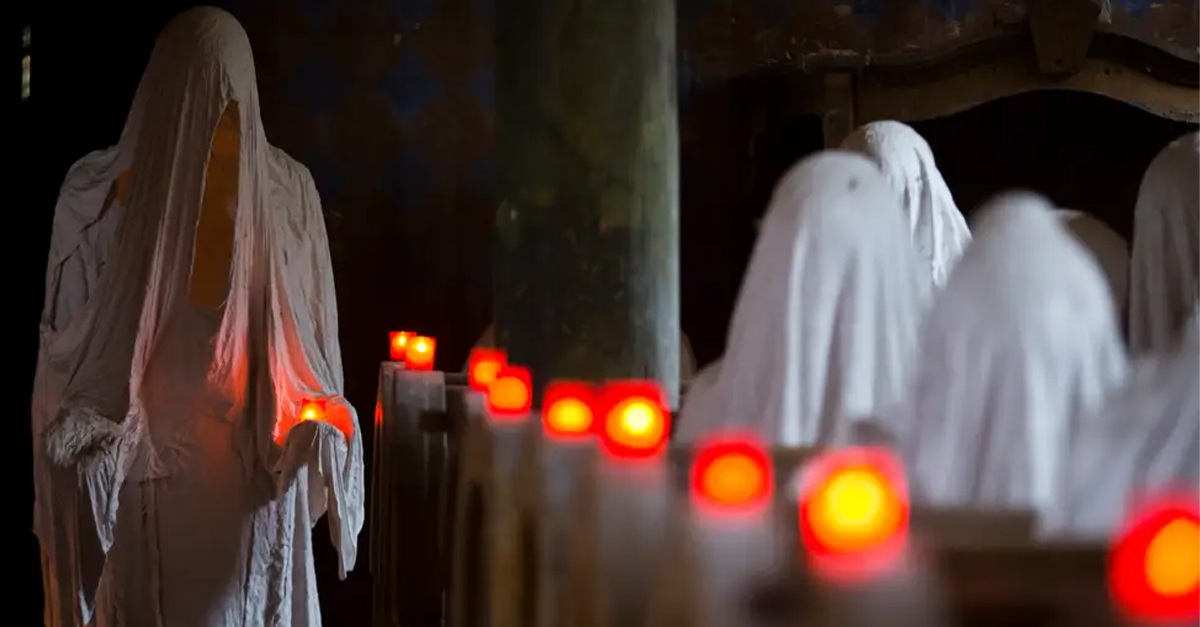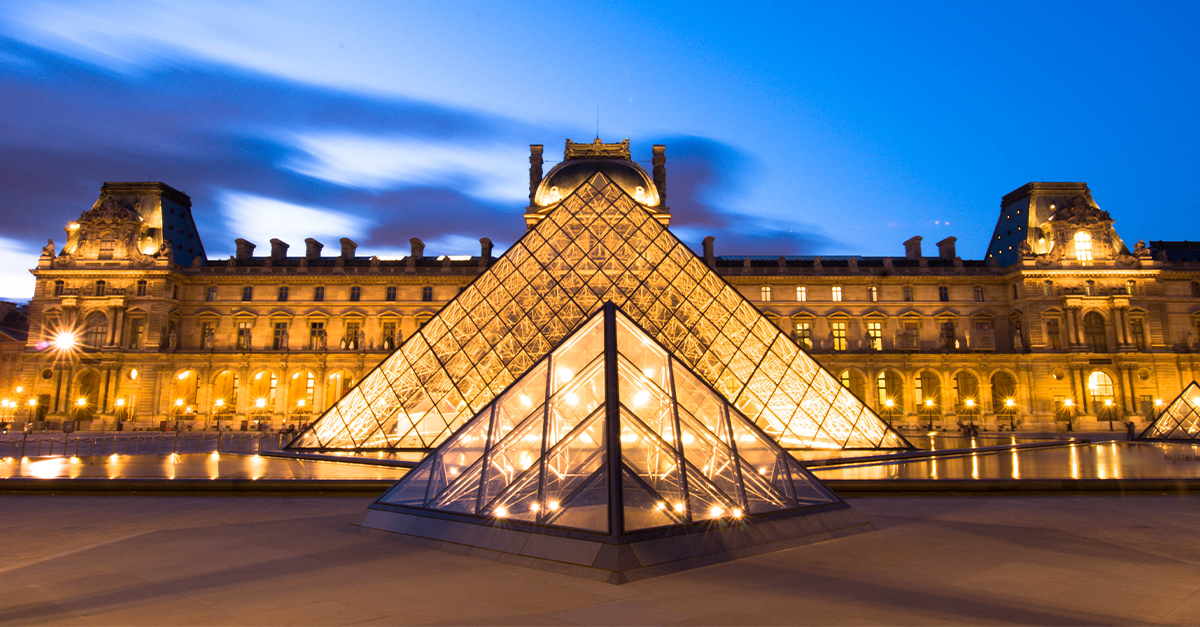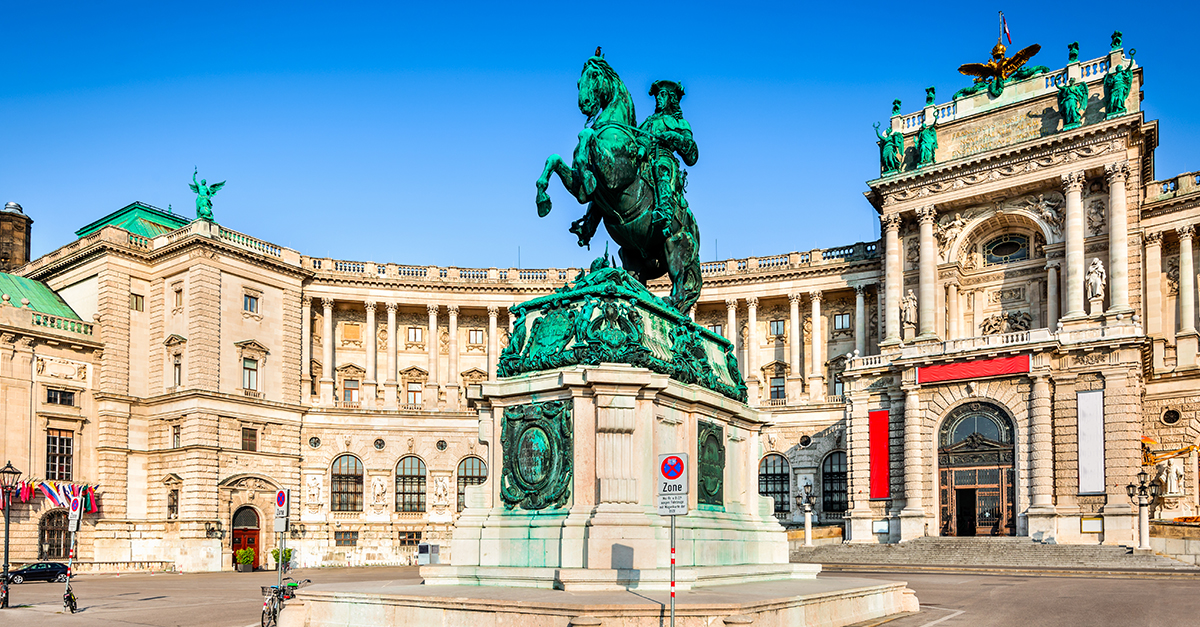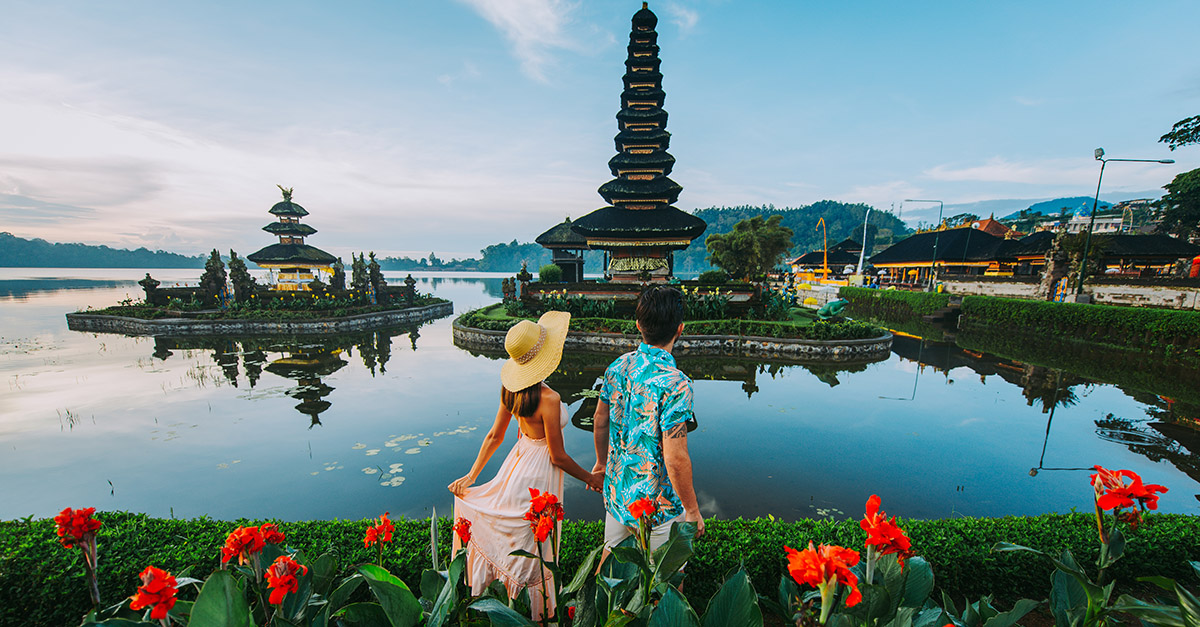The Land Of Fire And Ice
Iceland is a breathtaking Nordic wonderland, famed for its otherworldly lagoons, thundering waterfalls, and awe-inspiring night skies.
But beyond the natural beauty, did you know there’s not a single McDonald’s in the entire country? Or that most Icelanders go by their first names—even in official settings?
From quirky facts to cultural curiosities, here are 45 weird and wonderful things you should know before exploring the Land of Fire and Ice.
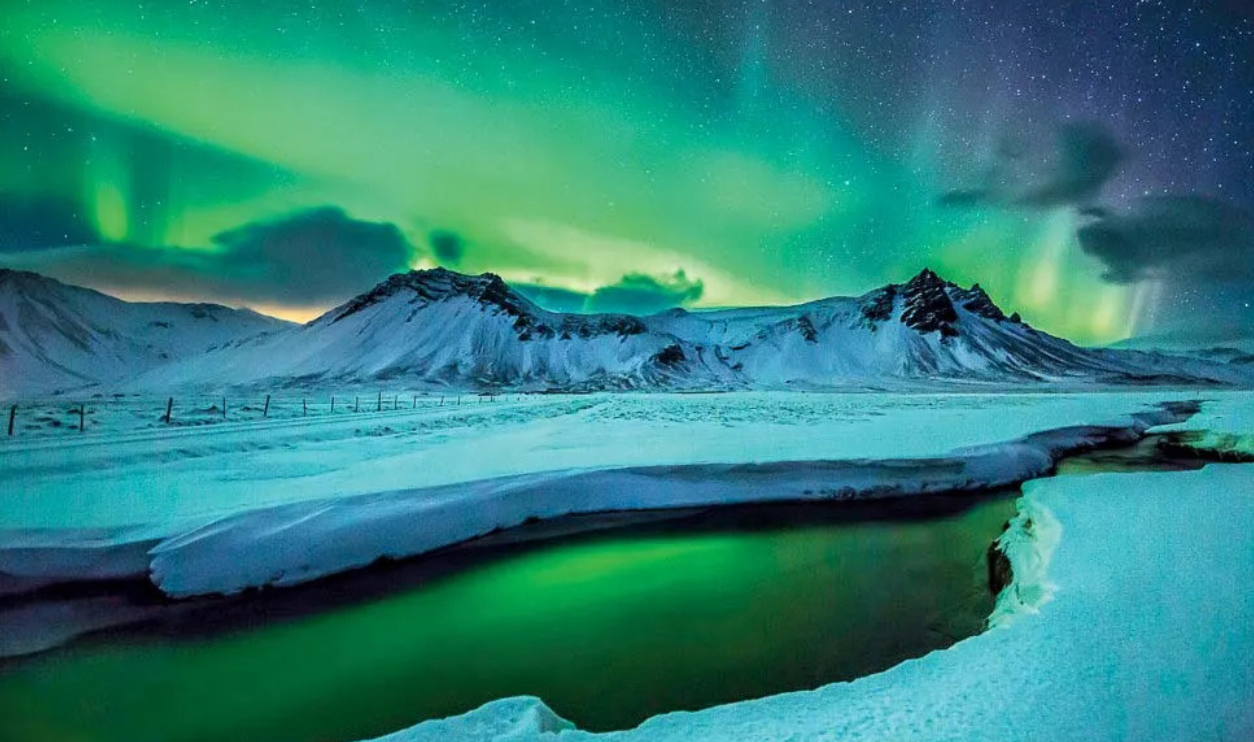
Iceland is One of the Last Countries to Have Human Settlers
Iceland is one of the last counties in the world to have human settlers. It was still uninhabited long after the rest of Western Europe had been settled.
Iceland Had the First Parliament
Iceland has one of the oldest known parliaments in human history.
Dating all the way back to the year 930, the first national parliament was founded in Thingvellir—which is now a national park.
Iceland Has a Low Population
Iceland’s population is only about 350,000—which is around 1/10th of the population of San Francisco.
They have about 8 people per square mile, with Reykjavik housing roughly one-third of the country’s entire population.
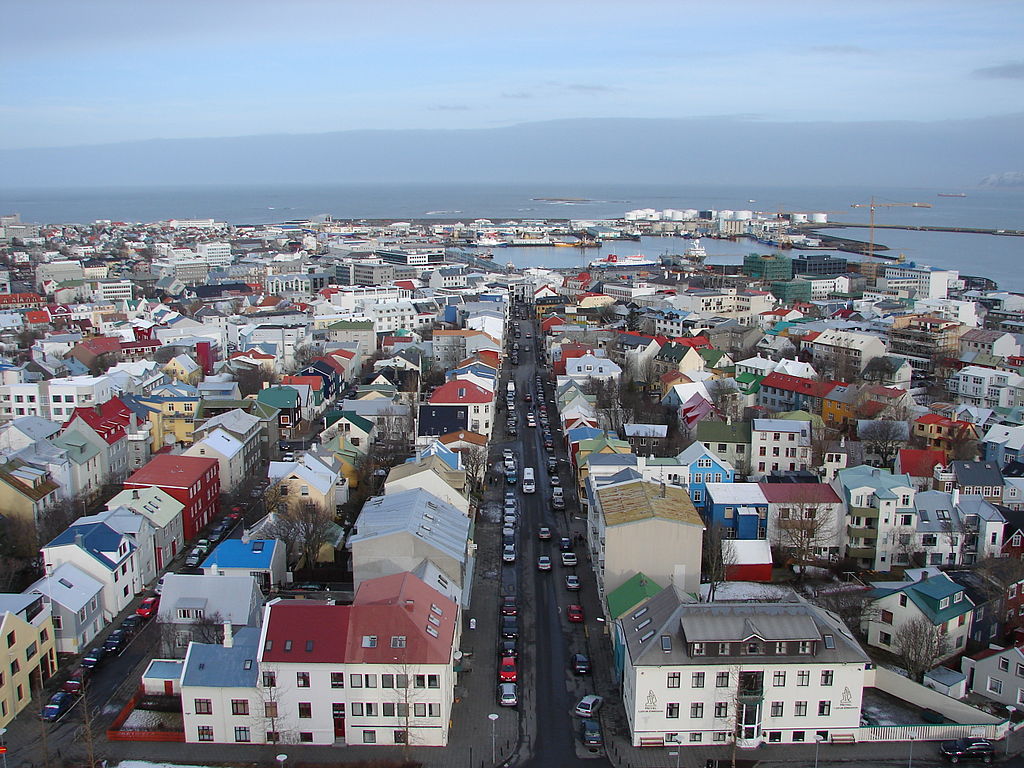 Antony Stanley, CC BY-SA 2.0, Wikimedia Commons
Antony Stanley, CC BY-SA 2.0, Wikimedia Commons
There is No Standing Army in Iceland
Iceland is famously laid-back and boasts one of the lowest danger rates in the world—which is a good thing, considering it’s the only NATO country without a standing army, air force, or navy.
Instead, Iceland relies on a small Crisis Response Unit (ICRU), whose members typically serve unarmed and out of uniform, unless circumstances require otherwise.
There is No McDonalds in Iceland
At one time, Big Macs were available—until the financial crash in 2008. Imported ingredients were hard to come by and prices soared leading to the shut down of all McDonalds restaurants in the country (which weren’t very many to begin with).
Even after things seemingly got better, Iceland chose to keep McDonalds outside their borders.
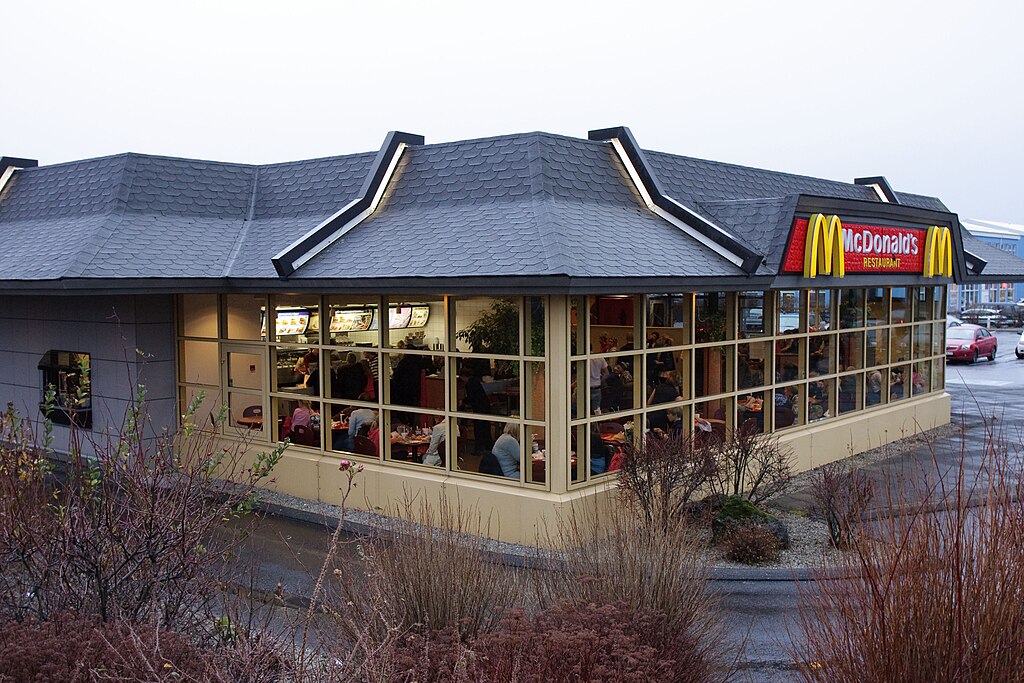 Hinrik, CC BY-SA 3.0, Wikimedia Commons
Hinrik, CC BY-SA 3.0, Wikimedia Commons
Iceland is a Free Country
Iceland is known as one of the freest countries in the world. It was ranked 4th in the 2019 Index of Economical Freedom, with high rankings for “labor freedom” and “government integrity”.
The country ranked 3rd in the world in a Personal Freedom chart by the Legatum Prosperity Index.
Iceland Has a Celebratory Brew Day
Back in 1908, Iceland voted on an alcohol ban—but that didn’t stick around because it started to affect their import/export business. So, instead, they put the ban on beer only.
The beer ban stuck around for 74 years, finally being squashed in 1989. The country now celebrates “Beer Day”, on March 1st.
Iceland Had the First Female President
Vigdís Finnbogadóttir made history as the world’s first woman to be democratically elected president, serving as Iceland’s fourth president from 1980 to 1996. Her groundbreaking leadership remains a source of national pride and global inspiration.
 Rob Croes, CC BY-SA 3.0, Wikimedia Commons
Rob Croes, CC BY-SA 3.0, Wikimedia Commons
Iceland Has the Largest Glacier in Europe
Vatnajökull is the largest glacier in Europe. It covers over 8100 square kilometers and has around 30 outlet glaciers.
Iceland Has a Naming Committee
Iceland has a naming committee that approves or declines people’s names. There is an official register of approved Icelandic given names, and specific names that are not allowed.
For example, the letter C is not included in the Icelandic alphabet, so any name that begins with that letter is not allowed.
Iceland Has the Best Water
In Iceland, nearly all the water is crystal-clear, naturally filtered, and safe to drink straight from the tap—no purifiers needed. Locals rarely buy bottled water because the tap water is just that good (and free!). Whether you’re in a city or out in the countryside, you can count on every tap to deliver some of the freshest water on Earth.
Iceland Was Named After Its Landscape
Its fairly obvious where Iceland got its name—the ice. Over 10% of country is covered in glaciers. In total, there are about 269 recognized glaciers in Iceland.
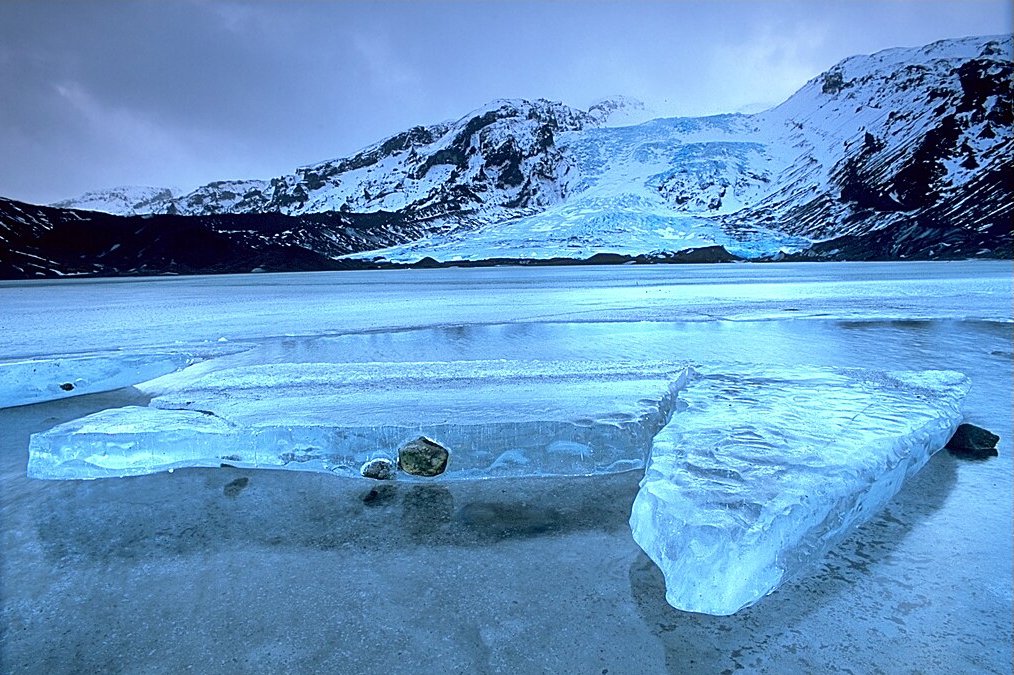 Andreas Tille, CC BY-SA 3.0, Wikimedia Commons
Andreas Tille, CC BY-SA 3.0, Wikimedia Commons
You Can Swim Outdoors All Year Round
Even though it is almost always cold in Iceland, you can swim outdoors at any time of the year. This is because there are natural geothermal swimming pools—and there is one in nearly every town in the country.
Geothermal swimming pools are hot springs where the water temperature varies between warm and fairly hot, depending on its location.
Icelanders Favorite Snacks
This may not be true for all Icelanders, but it is a common belief that the most popular snacks in Iceland are ice cream and black licorice.
There is a historical reason for this: the first settlers did not have sugar or honey, so they used licorice root as a sweetener. The flavor stuck, and it is now in all sorts of candy and snacks around the country.
Iceland Has No Dangerous Wildlife
Thanks to its cool climate and remote location, Iceland is refreshingly free of dangerous wildlife: no snakes, bears, mosquitoes, or poisonous insects in sight. The only potentially threatening animal is the occasional polar bear, which drifts in from Greenland on sea ice. But don’t worry—they’re extremely rare and usually spotted far from populated areas.
There Are No Trains in Iceland
There are no trains or railway system in Iceland. The only way to get in and out of the country are by air and sea. Travel from one city to another is typically by bus or domestic flight.
Iceland is Home to Global Beauties
Even with Iceland’s fairly small population, they still took the crown in several Miss World competitions. It is one of the most successful countries at the Miss World pageant with three victories.
Iceland Holds a Record for Published Books
Icelanders publish more books per capita than any other nation in the world. They even have a book-giving holiday – Jolabokaflod – on Christmas Eve.
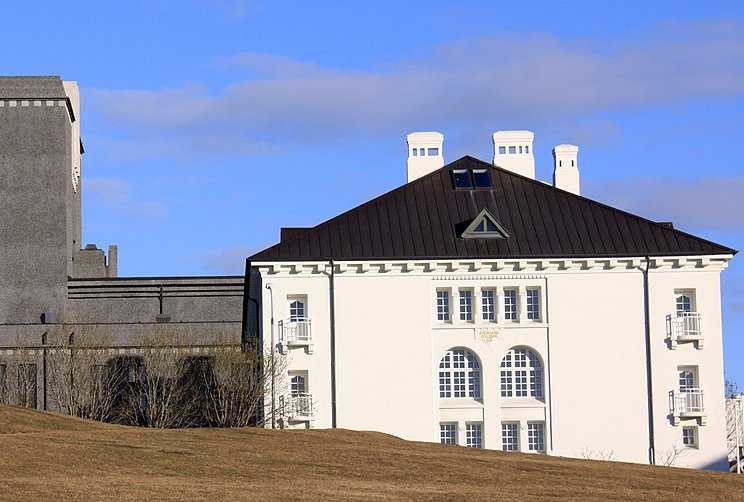 MartinPutz, CC BY-SA 3.0, Wikimedia Commons
MartinPutz, CC BY-SA 3.0, Wikimedia Commons
Iceland Has a Phallological Museum
This museum is truly one of a kind. The Icelandic Phallological Museum holds the distinction of being the world’s only genuine “manhood” museum.
As stated on its website, it’s dedicated to collecting, studying, and showcasing actual phalluses—and everything phallic. It’s not just about the exhibits; the museum also features a bistro serving "private" shaped food, and a gift shop brimming with unique, uh, phallic souvenirs.
Iceland Has One Seriously Long Word
The longest word found in the Icelandic language is: vaðlaheiðarvegavinnuverkfærageymsluskúraútidyralyklakippuhringur.
It word refers to, “the key ring to the tool work shed in the road works of Vaðlaheiði”. It is often been considered a joke, but road workers maintain that the word refers to the actual key ring for the shed they use.
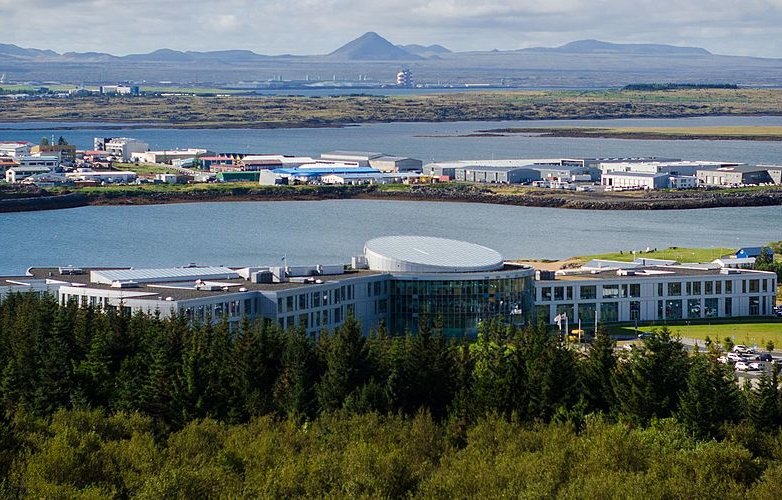 Jeff Hitchcock, CC BY 2.0, Wikimedia Commons
Jeff Hitchcock, CC BY 2.0, Wikimedia Commons
Babies Nap Outside in Iceland
From infancy to about 2 years old, Icelandic children sleep outside in baby carriages for their noon nap. This is on the belief that fresh air is imperative for a good sleep, and child development.
It also builds trust, as babies are left alone, and promotes openness.
Icelanders Can Easily Trace Their Heritage
All Icelanders can access a website called Íslendingabók to trace their heritage back to the Vikings and even see how they are related to other Icelanders.
Typically, the question is not if they are related, it is how much they are related.
Icelanders Are on a First Name Basis
In Iceland, everyone is on a first-name basis—no exceptions, even when speaking to the president. It’s a reflection of the country’s laid-back and egalitarian culture, where formality takes a backseat to familiarity and friendliness. back.
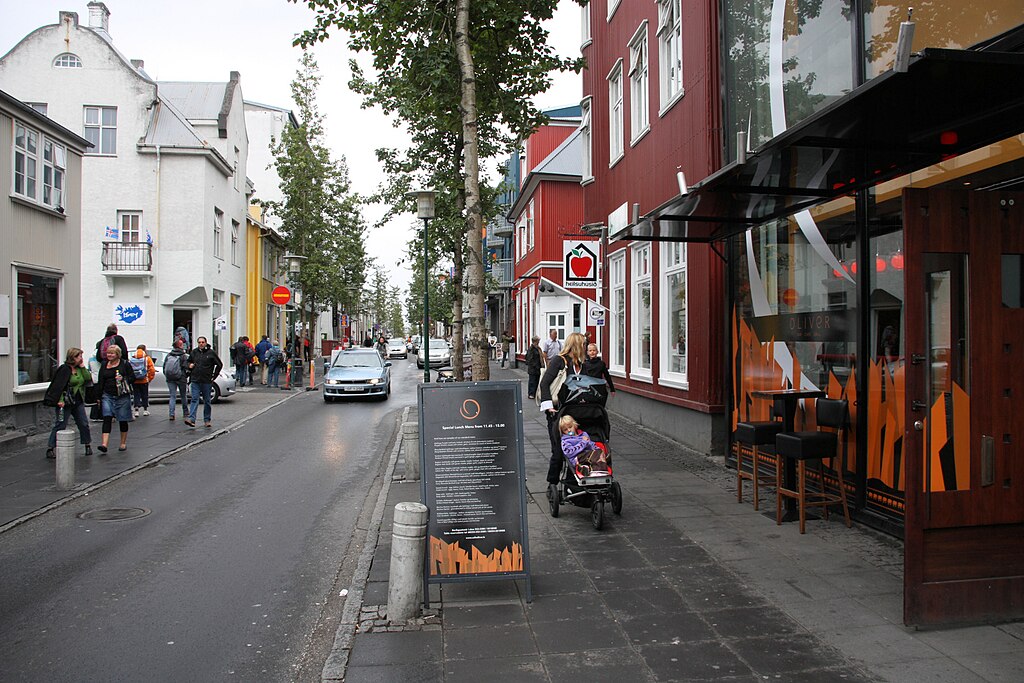 Marek Slusarczyk, CC BY 3.0, Wikimedia Commons
Marek Slusarczyk, CC BY 3.0, Wikimedia Commons
Icelandic Horses Are Unique
Icelandic horses have a unique gait—referred to as tölt—and have not been mixed with other breeds for over 1,000 years.
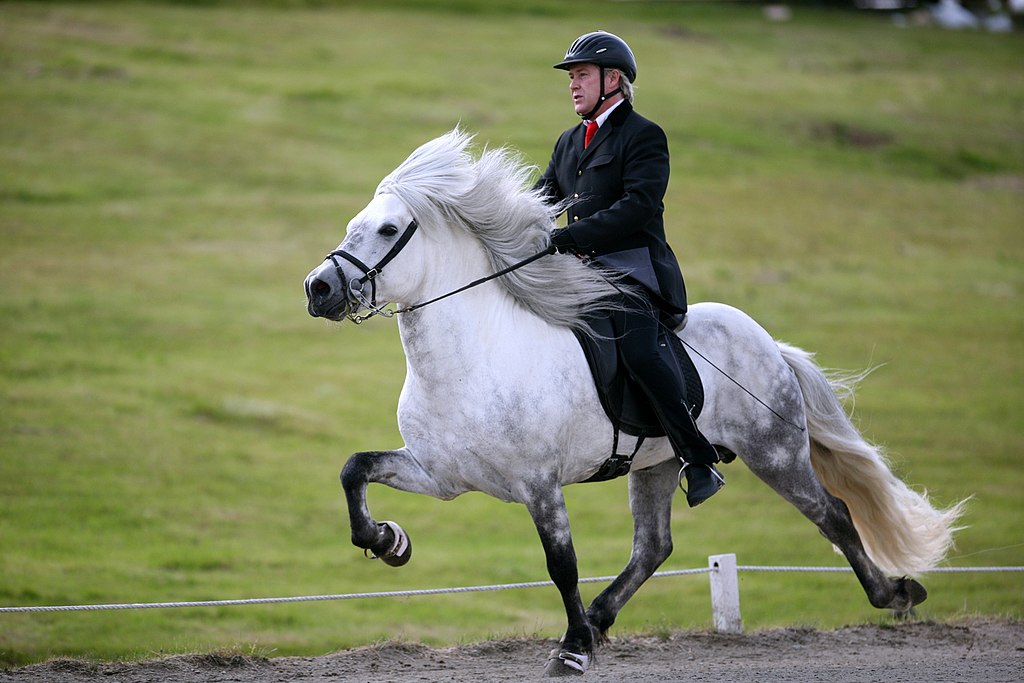 Dagur Brynjólfsson, CC BY-SA 2.0, Wikimedia Commons
Dagur Brynjólfsson, CC BY-SA 2.0, Wikimedia Commons
Iceland Has a Midnight Sun
The Midnight Sun is an annual occurrence taking place from June to July. This means you can witness light for 24 hours a day during that one-month period.
Men Are Commonly Named After Elves
Traditionally, a lot of male Icelanders were named “Alfur”, which translates to “Elf”. This dates back to their early beliefs about elves—having some sort of control over good and bad things that happen to the community.
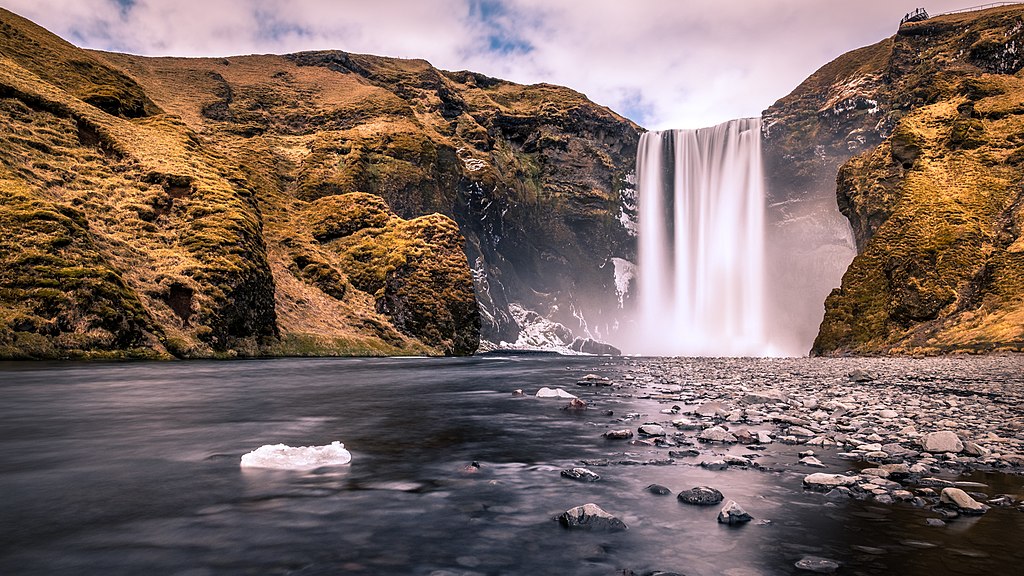 Giuseppe Milo, CC BY 2.0, Wikimedia Commons
Giuseppe Milo, CC BY 2.0, Wikimedia Commons
Female Clubs Are Banned in Iceland
Clubs where women typically take off their clothing are completely banned in Iceland, specifically “all businesses that profit off unclothed employees”.
Local Authorities Are Unarmed in Iceland
Iceland is renowned as one of the safest countries in the world, so local authorities see no need to carry arms. Most unlawful activity is relatively minor, and Iceland’s law enforcement is able to handle situations effectively without the use of force.
The Northern Lights in Iceland Are Different
The Northern Lights you typically see from most parts are the globe are usually green with some yellow. But the Northern lights you witness in Iceland shows stunning hues of red, purple and pink.
This is due to altitude.
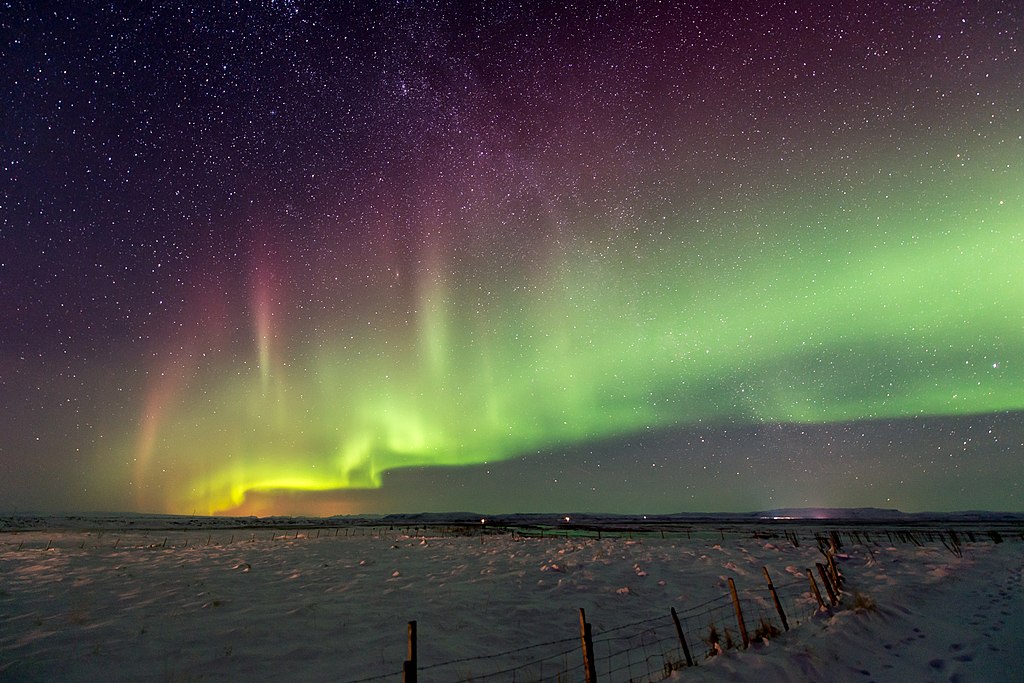 Cameron Pickett, CC BY 3.0, Wikimedia Commons
Cameron Pickett, CC BY 3.0, Wikimedia Commons
Earthquakes and Volcanoes Are Common in Iceland
Earthquakes and volcanic eruptions are fairly common in Iceland. So, the locals are trained to react appropriately from a young age. Their homes are built with this in mind, and children are taught not to overreact to common rumbles and vibrations.
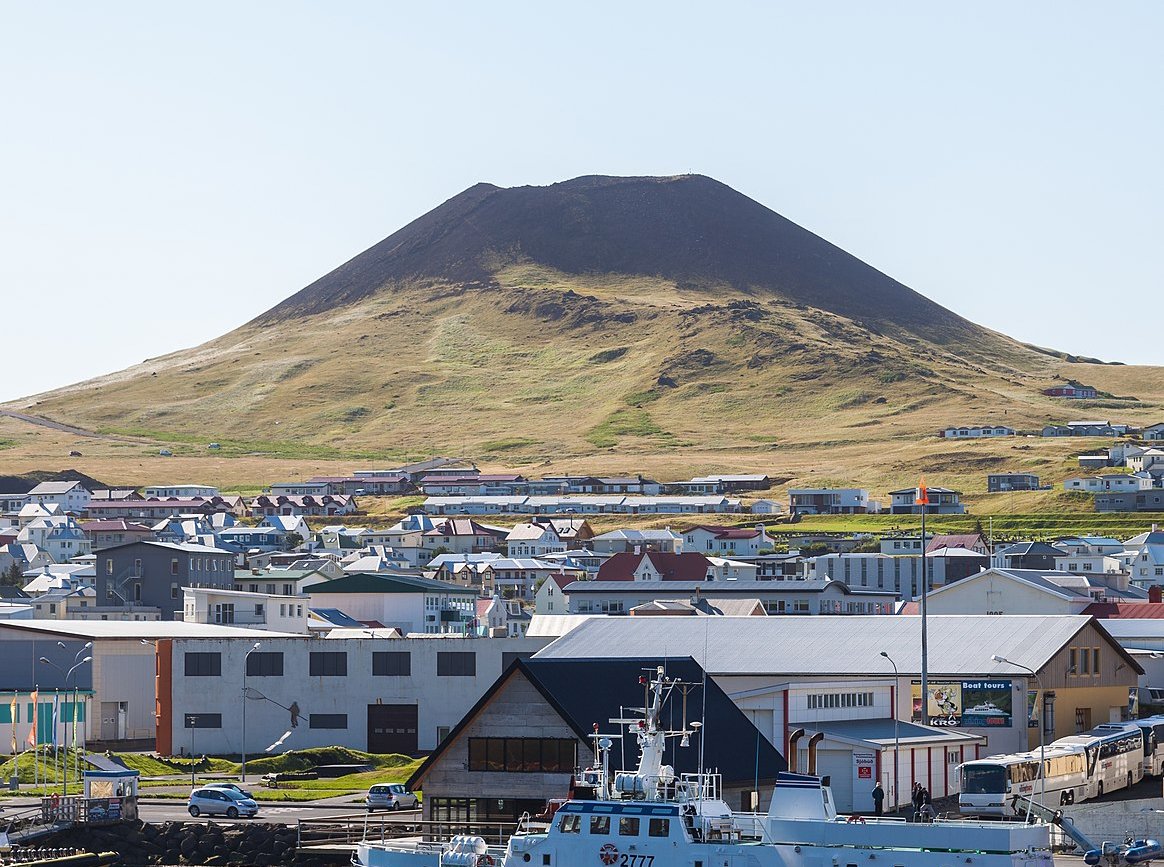 Diego Delso, CC BY-SA 4.0, Wikimedia Commons
Diego Delso, CC BY-SA 4.0, Wikimedia Commons
Iceland Only Has One Native Mammal
The Arctic fox is the only species of land mammal native to Iceland.
It apparently survived on the island through the last ice age and stuck around once the thick glacial ice receded.
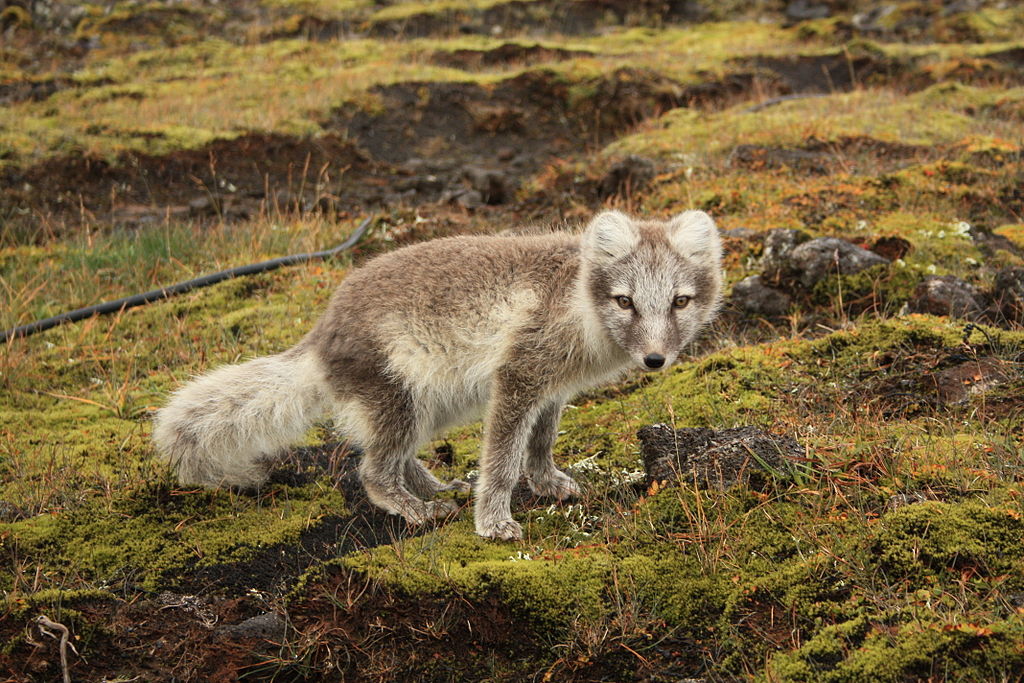 Claudia.Garad, CC BY-SA 4.0, Wikimedia Commons
Claudia.Garad, CC BY-SA 4.0, Wikimedia Commons
Iceland Sits on Two Tectonic Plates
Iceland lies at the crossroads of two tectonic plates—the North American plate and the Eurasian plate. This unique geological location makes it the only place in the world where you can actually snorkel between two tectonic plates.
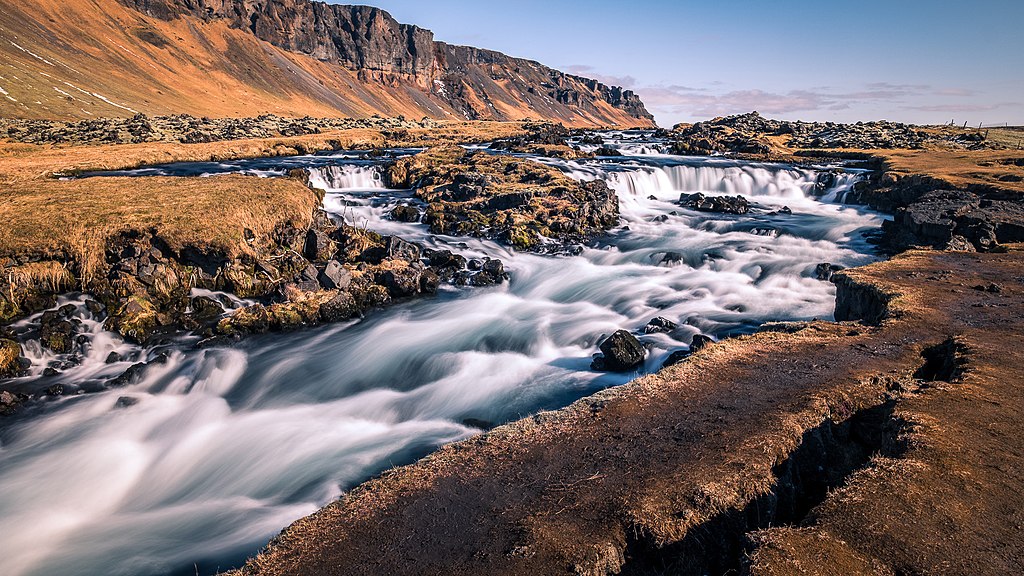 Giuseppe Milo, CC BY 3.0, Wikimedia Commons
Giuseppe Milo, CC BY 3.0, Wikimedia Commons
Iceland’s Airport Sits in a Lava Field
Iceland only has one international airport, and it sits in the middle of a lava field. In fact, a volcano in the area has erupted several times, sometimes twice in one year.
Aside from a 2010 eruption that led to widespread airspace closures in Europe, the erupting volcano doesn’t seem to affect air travel.
Many Waterfalls in Iceland Have No Names
There are so many stunning waterfalls in Iceland—many that are actually quite popular among tourists. However, because they are a common sight to see, many of them are not officially named.
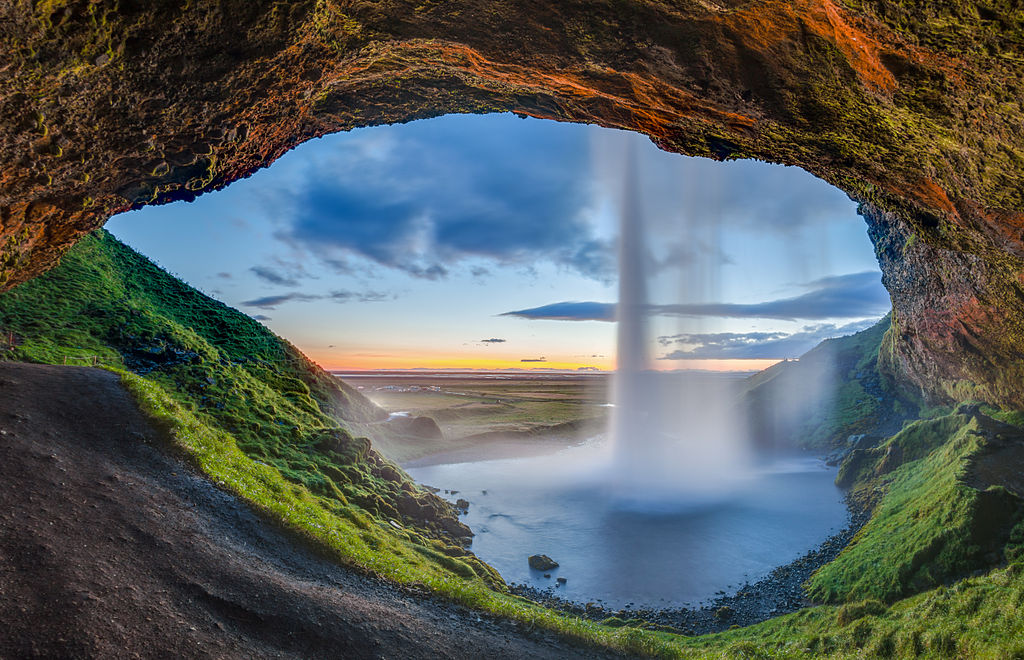 Diego Delso, CC BY-SA 4.0, Wikimedia Commons
Diego Delso, CC BY-SA 4.0, Wikimedia Commons
The Icelandic Language is Unique
The Icelandic language is so unique that there are numerous words that do not have any direct English translation. They also have many Icelandic words for one English word, such as “wind”.
Given the county’s isolation, Icelandic is one of the smallest “nation-state” languages in the world.
Iceland Ranks High in Equality
Iceland was once voted the best place for women to live. This is because women’s equality is literally protected by law.
The Act on Equal Status and Equal Rights of Women and Men is the reason gender equality is a hallmark of Icelandic culture.
Iceland's Seasons Are Drastically Different
Iceland is a stunning destination year-round, but the best time to visit really depends on what you want to experience. Winter is perfect for exploring glaciers and catching the magical Northern Lights, while summer offers long days ideal for swimming in geothermal pools and hiking through expansive lava fields.
Iceland Was the First Country to Have an Openly Gay Prime Minister
Iceland has a president, who is the head of state, and a prime minister who serves as the head of government in a multi-party system.
Jóhanna Sigurðardóttir became Prime Minister in 2009, and was Iceland's first female Prime Minister and the world's first openly LGBT head of government.
 Johannes Jansson, CC BY 2.5, Wikimedia Commons
Johannes Jansson, CC BY 2.5, Wikimedia Commons
Iceland Has Several Different Species of Whales
Iceland has more than 20 different species of whales that can be found swimming in the sea around the island.
There Were No Dinosaurs in Iceland
No dinosaur bones have ever been found in Iceland as the land mass is only about 20 million years old. The last of the giant dinosaurs died out 66 million years ago.
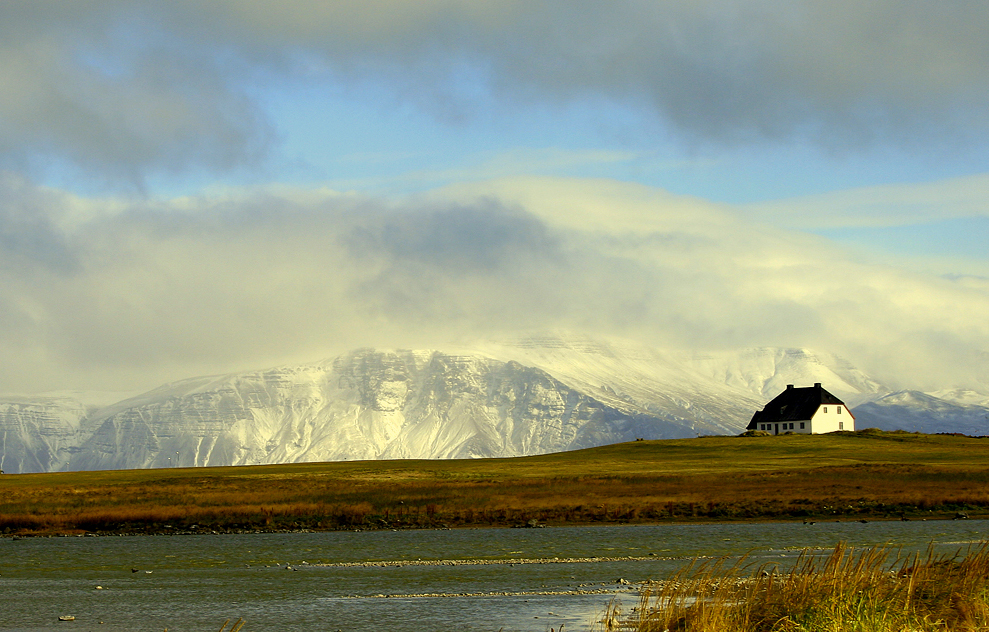 Lydur Skulason, CC BY 2.0, Wikimedia Commons
Lydur Skulason, CC BY 2.0, Wikimedia Commons
Iceland Has Universal Healthcare
Iceland has a universal healthcare system (which is paid for via taxes), and does not have any private hospitals on the island.
Everyone is entitled to emergency medical assistance covered by Icelandic Health Insurance (IHI).
 Vera de Kok, Wikimedia Commons
Vera de Kok, Wikimedia Commons
Iceland Has Religious Freedom
Freedom of religion is guaranteed by Article 64 of the Constitution of Iceland. While the Evangelical Lutheran Church is recognized as the national church (þjóðkirkja) and Christian studies are emphasized in the national curriculum, the Constitution still protects the right to form and practice other religious associations.
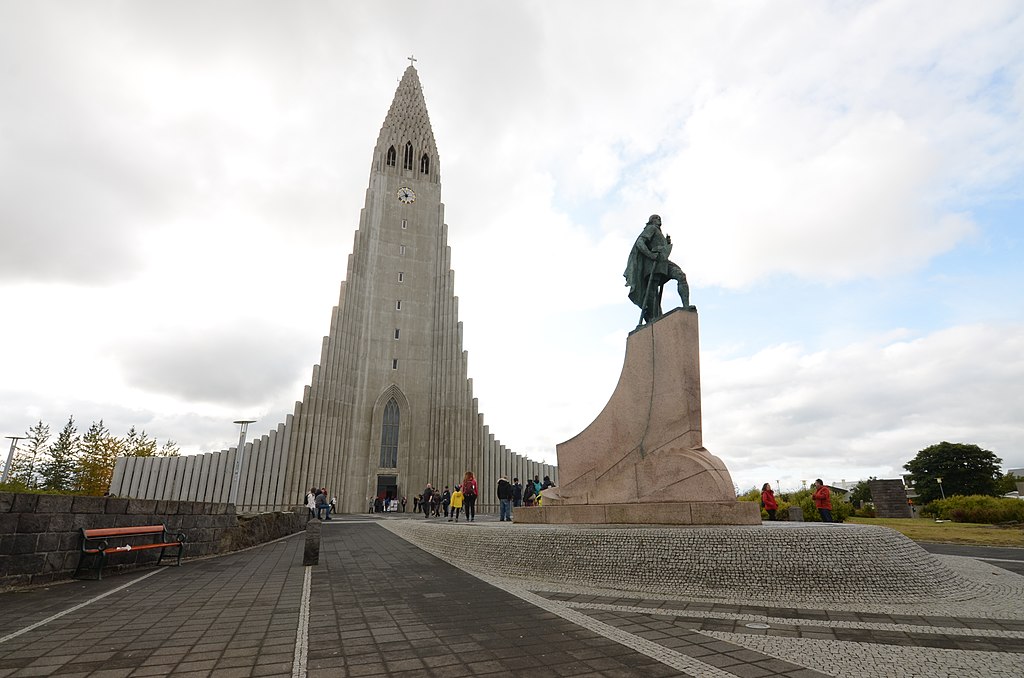 Steven Lek, CC BY-SA 4.0, Wikimedia Commons
Steven Lek, CC BY-SA 4.0, Wikimedia Commons
Iceland is Expensive
Iceland is the eighth most expensive country in the world with a cost of living 15.8% higher than the US, according to Numbeo's global cost of living index.
The country has fairly high costs of food, housing and transportation, and they also have a limited job market, particularly for foreigners.
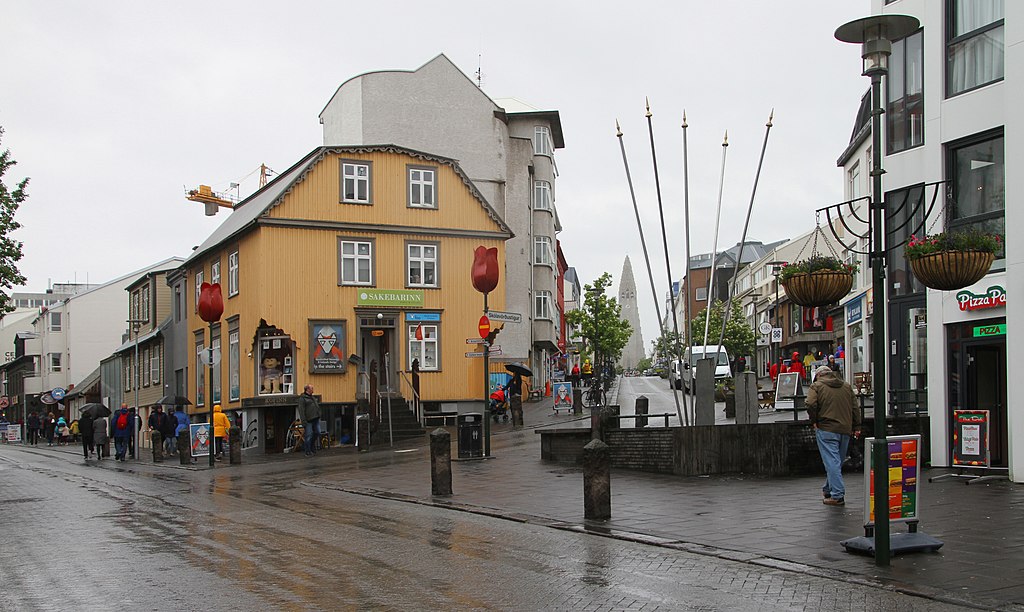 Gerd Eichmann, CC BY-SA 4.0, Wikimedia Commons
Gerd Eichmann, CC BY-SA 4.0, Wikimedia Commons
Icelanders Love Sauce
This may not be true for all, but it is said that Icelanders love their sauce. Apparently, they enjoy covering their food in all kinds of sauces, but mostly gravy and bearnaise sauce.
They have a sauce for everything—even ice cream!
 Benreis, CC BY 3.0, Wikimedia Commons
Benreis, CC BY 3.0, Wikimedia Commons
Icelanders Enjoy Being Unclothed
As with many European cultures, unclothed Icelanders is not an uncommon sight, in fact, it is quite normal.
It is common to shower, without swim suits, prior to swimming in the public geothermal pools in order to keep them clean. Icelanders are typically not shy and will bare all to whomever is around at the time.
Final Thoughts
Although Iceland has a relatively cold climate, it remains one of the best places to live. Despite being an expensive country to reside in, Icelanders are among the happiest people in the world, deeply valuing equality and, of course, their love for sauces.

